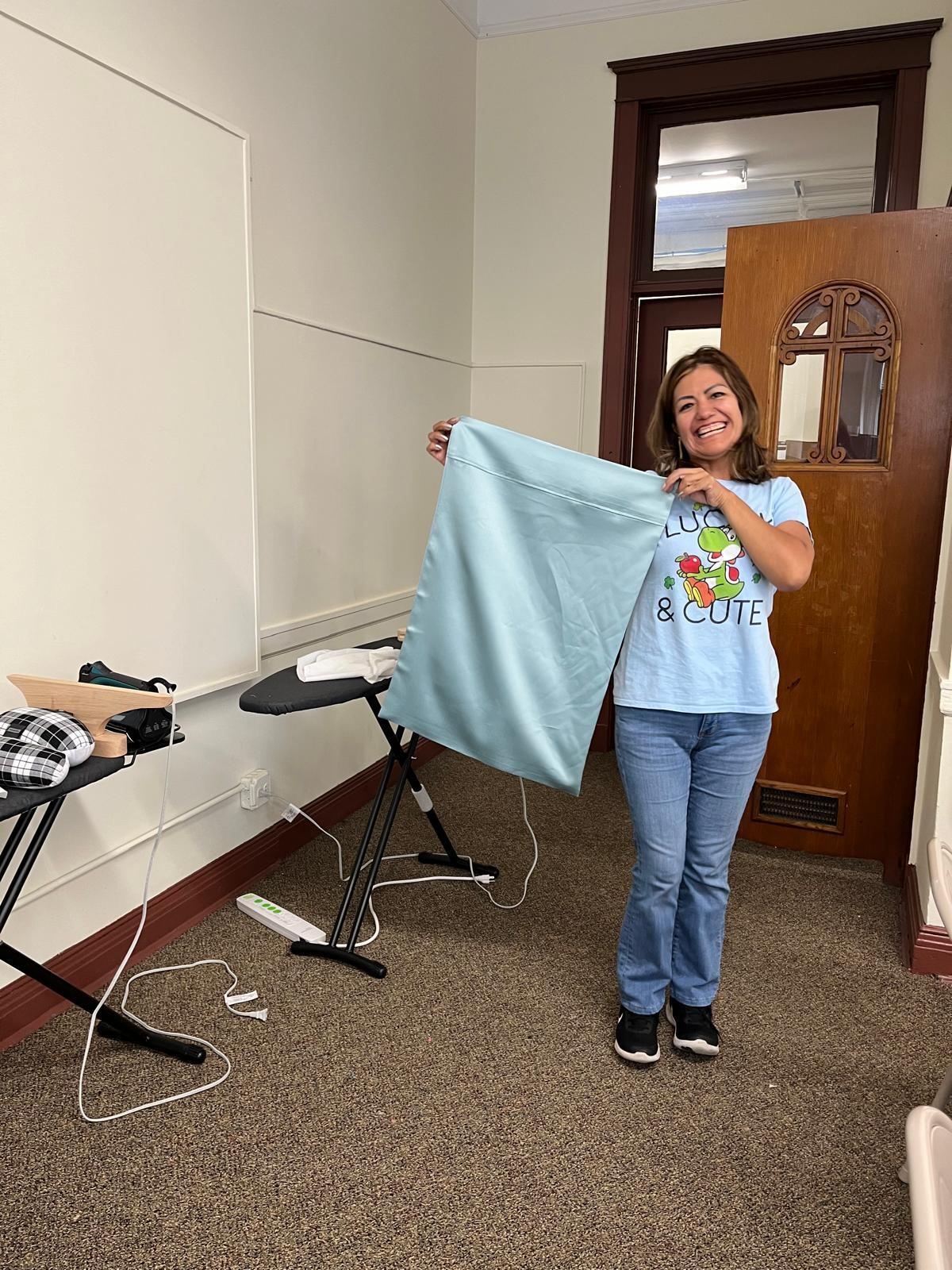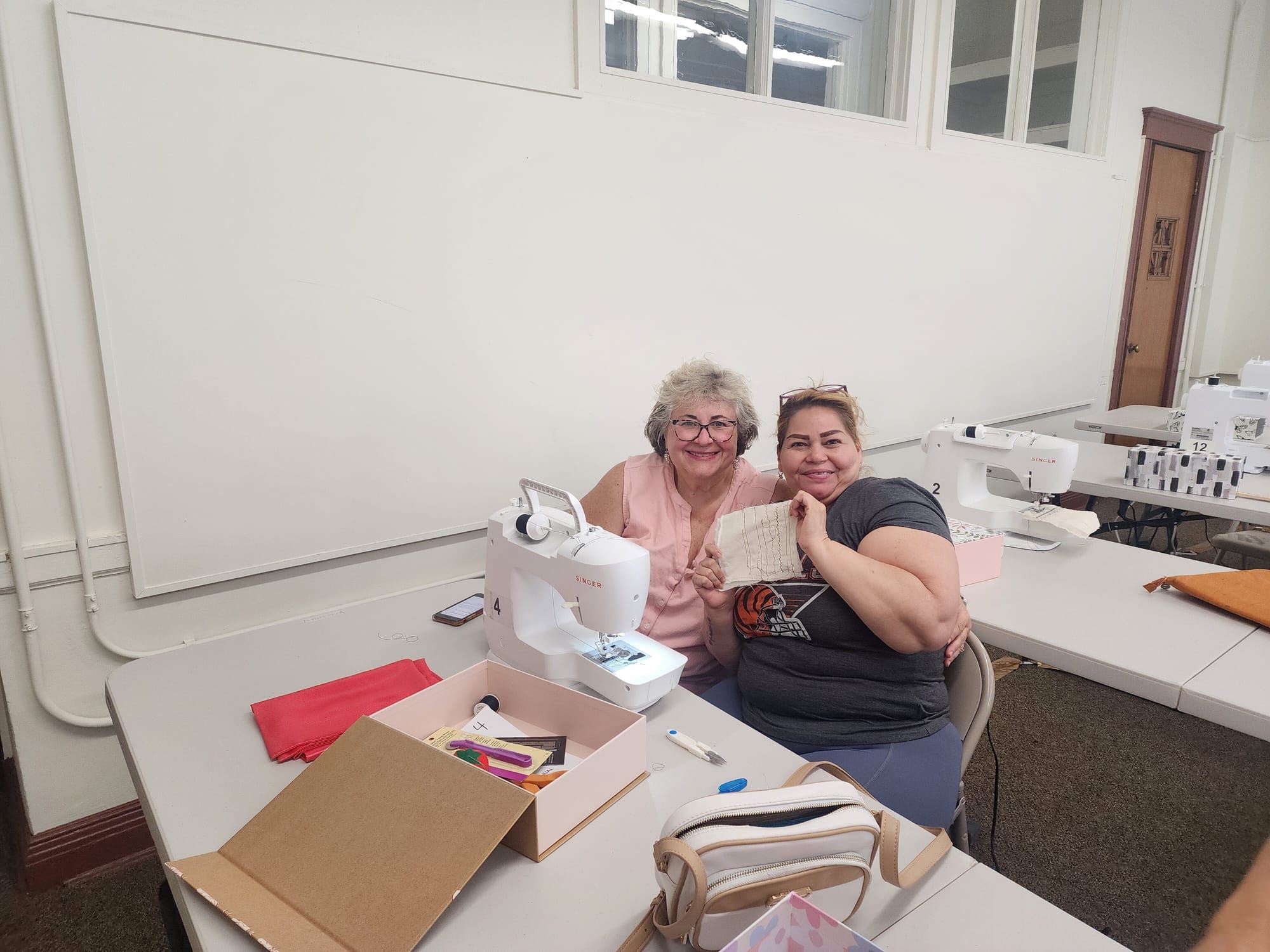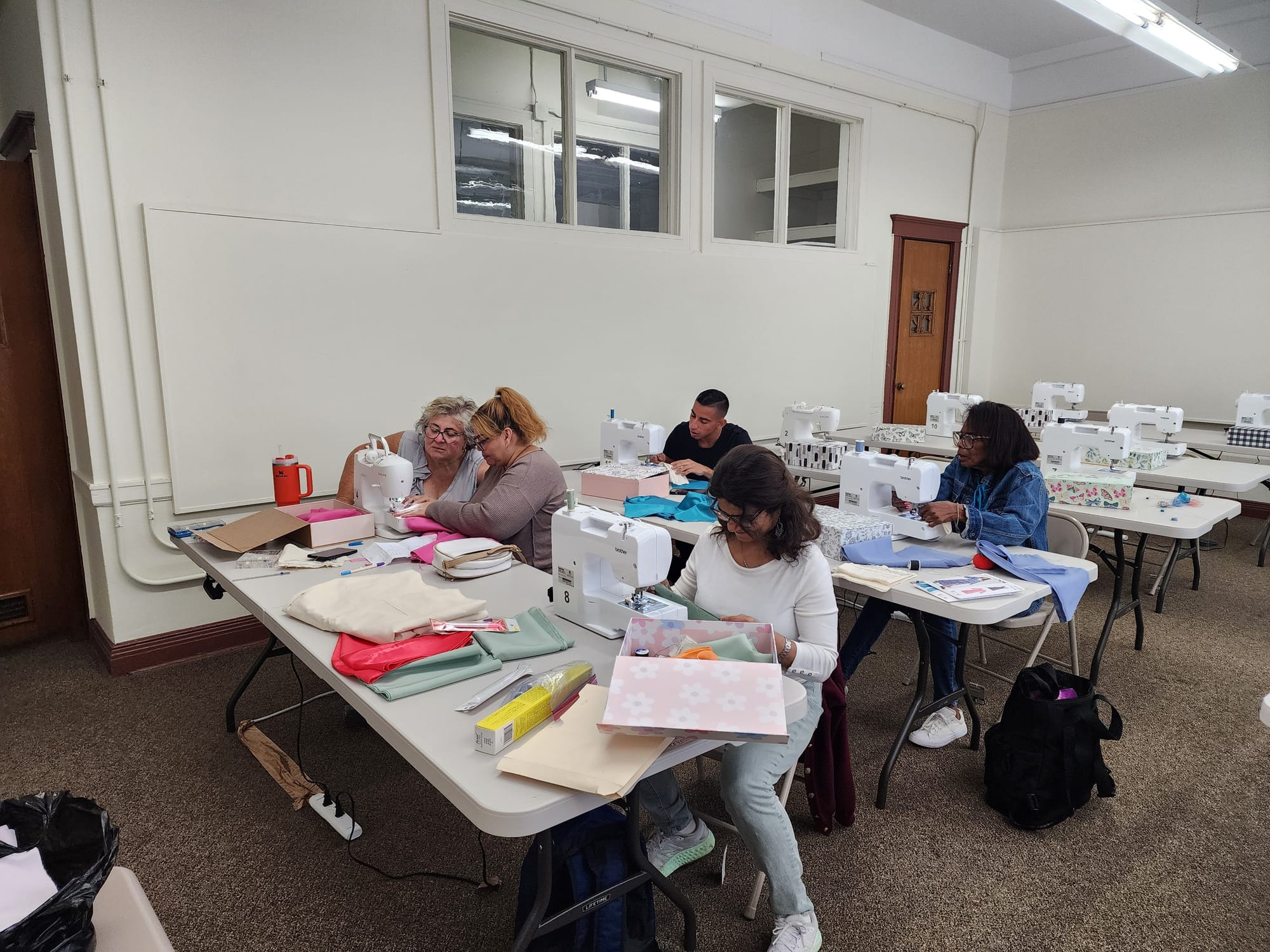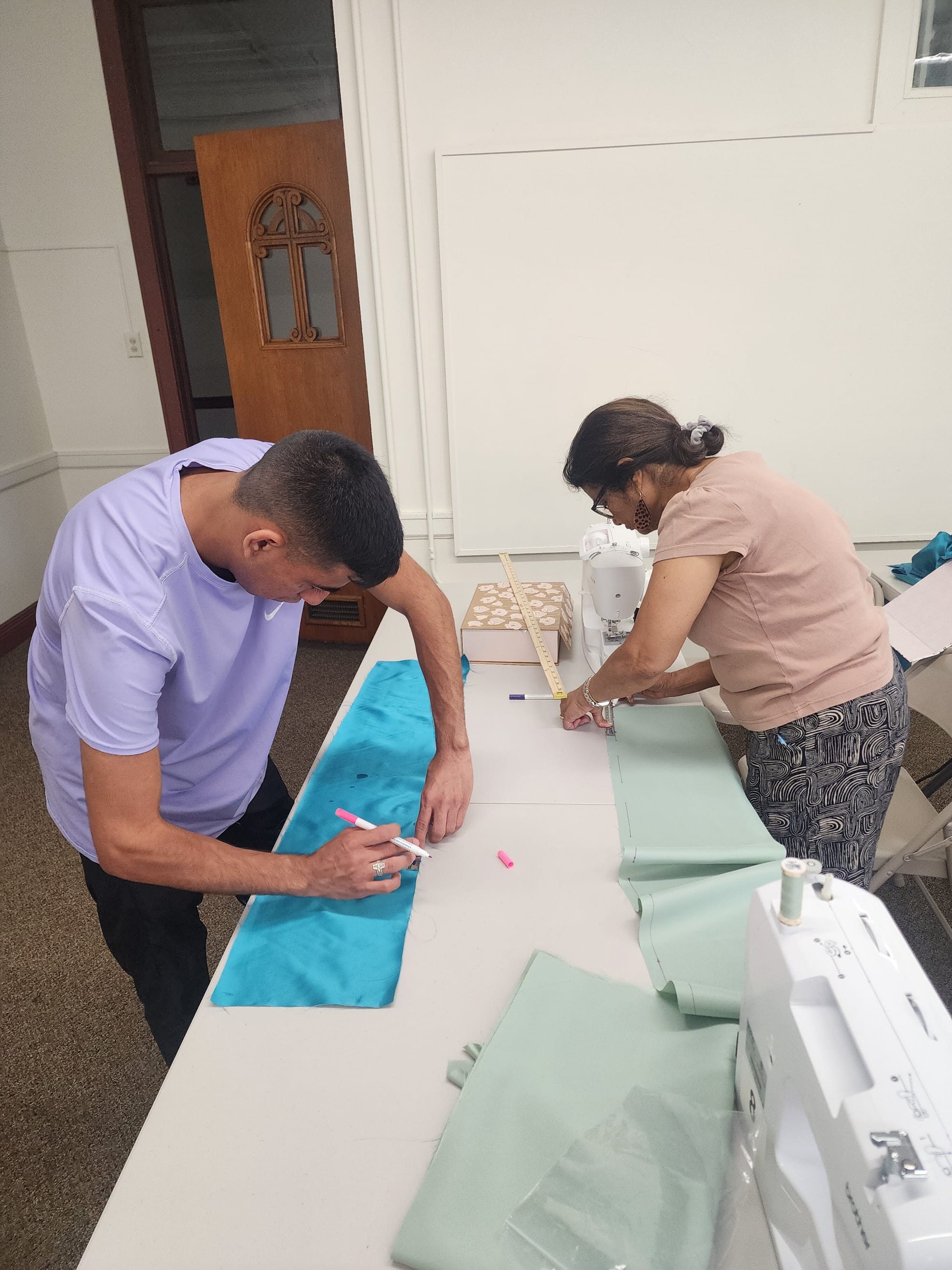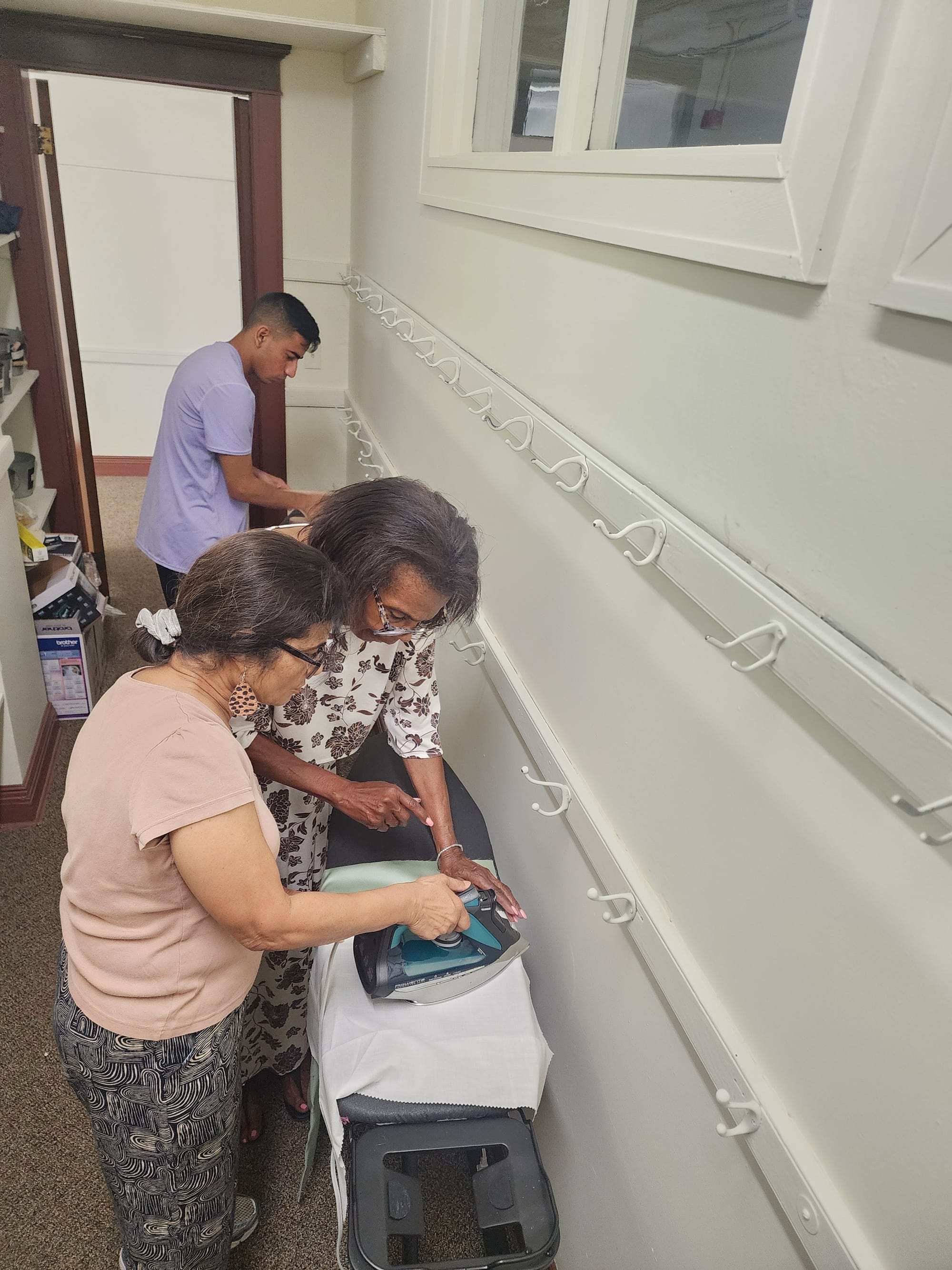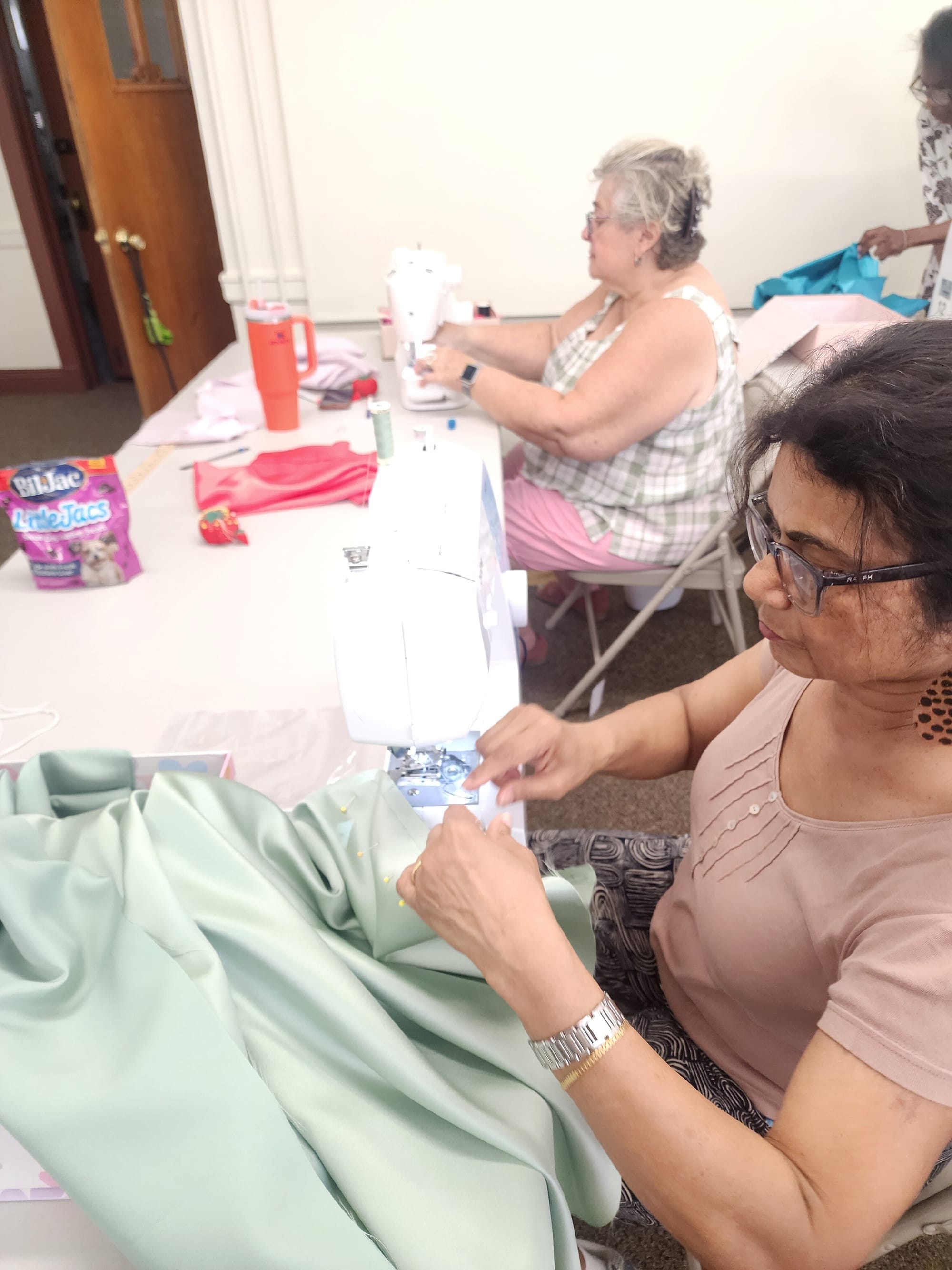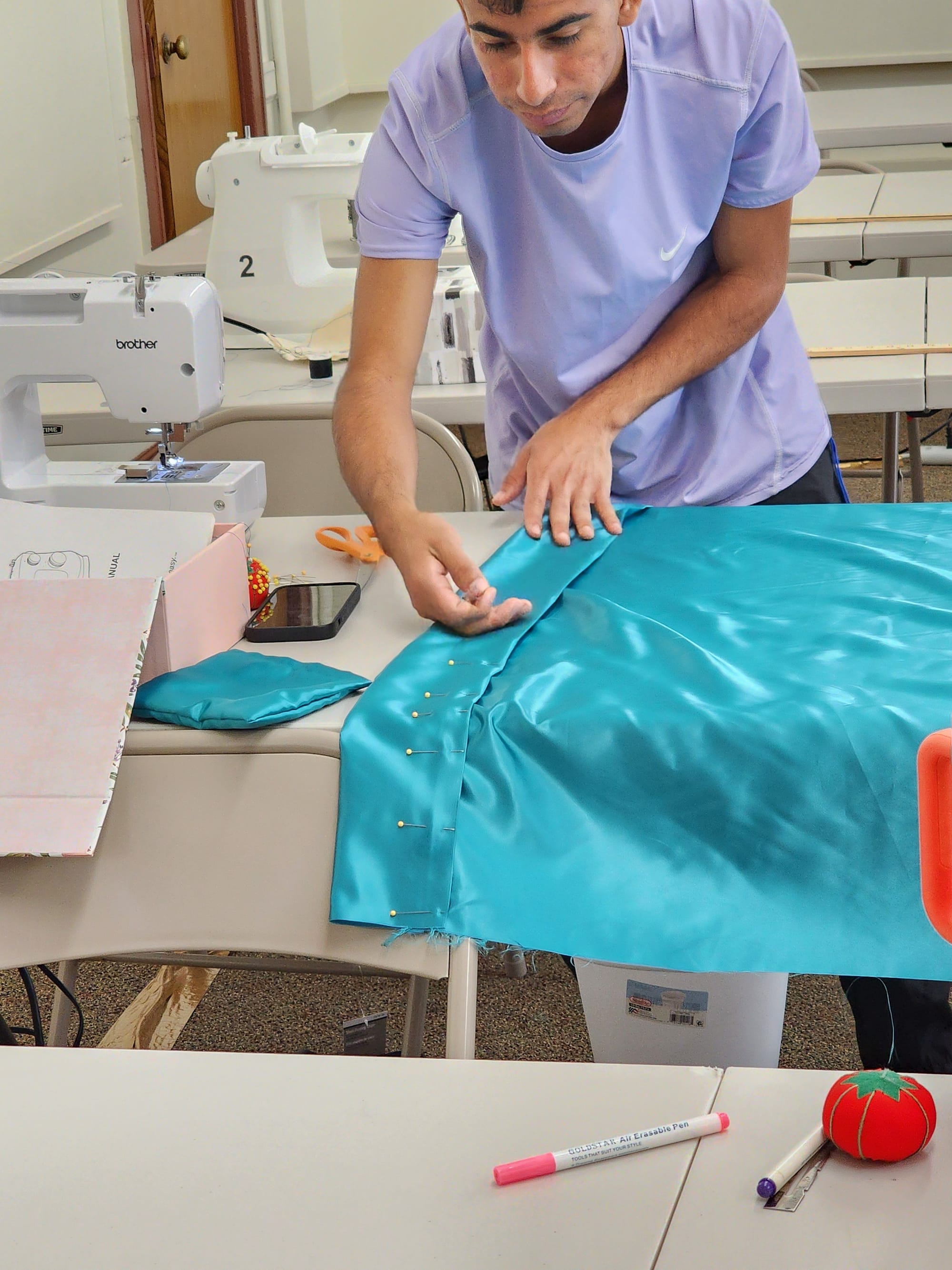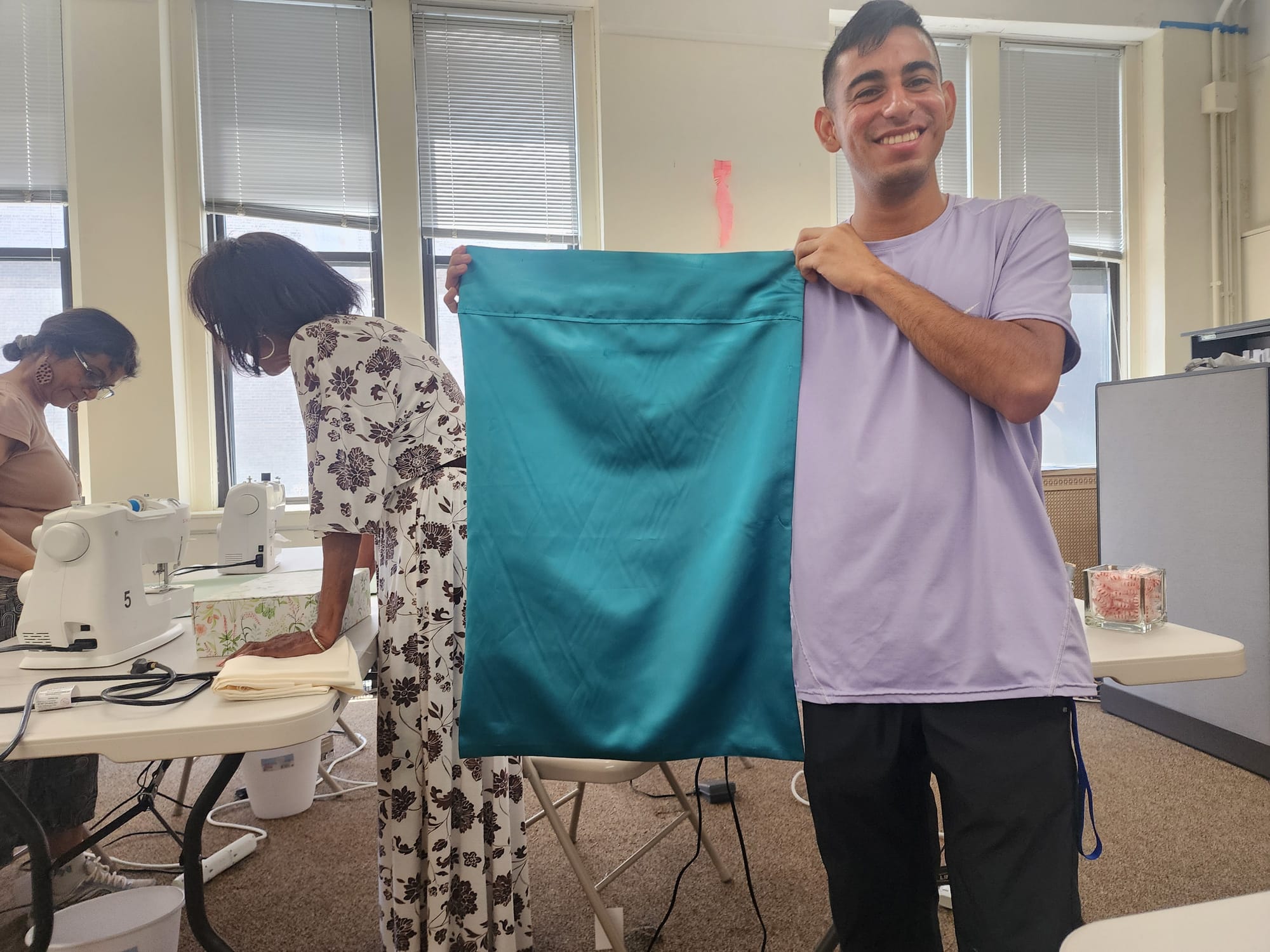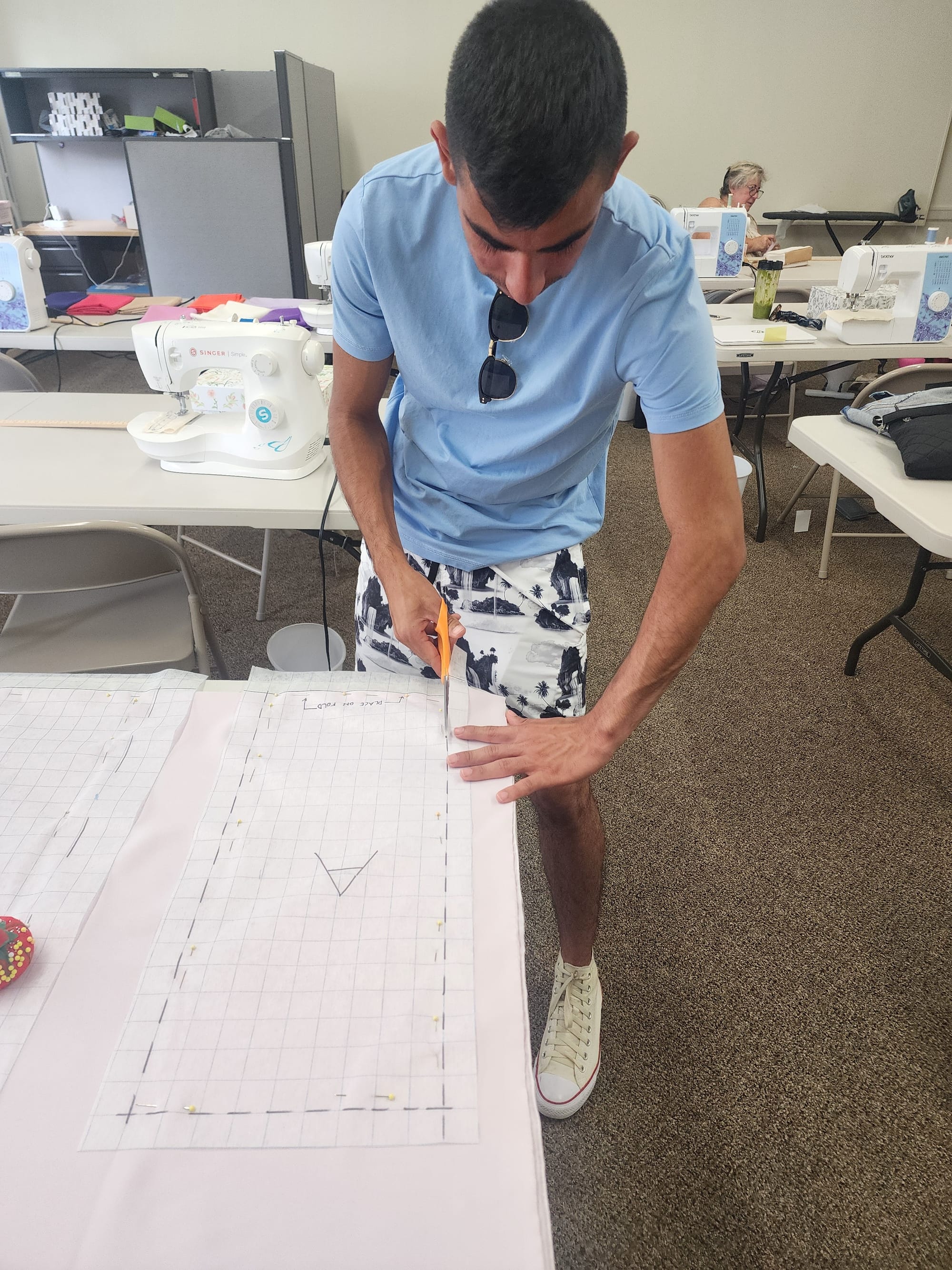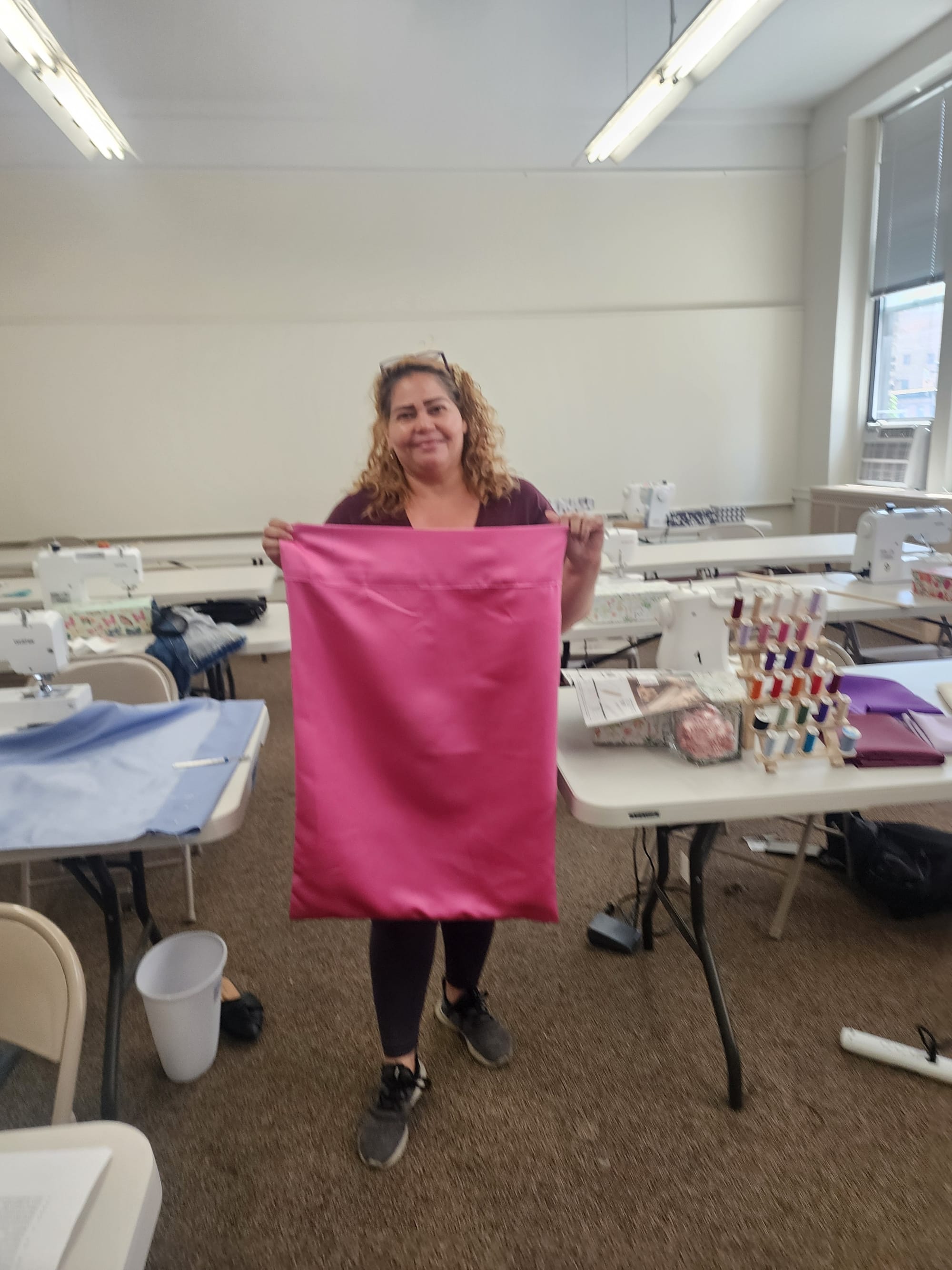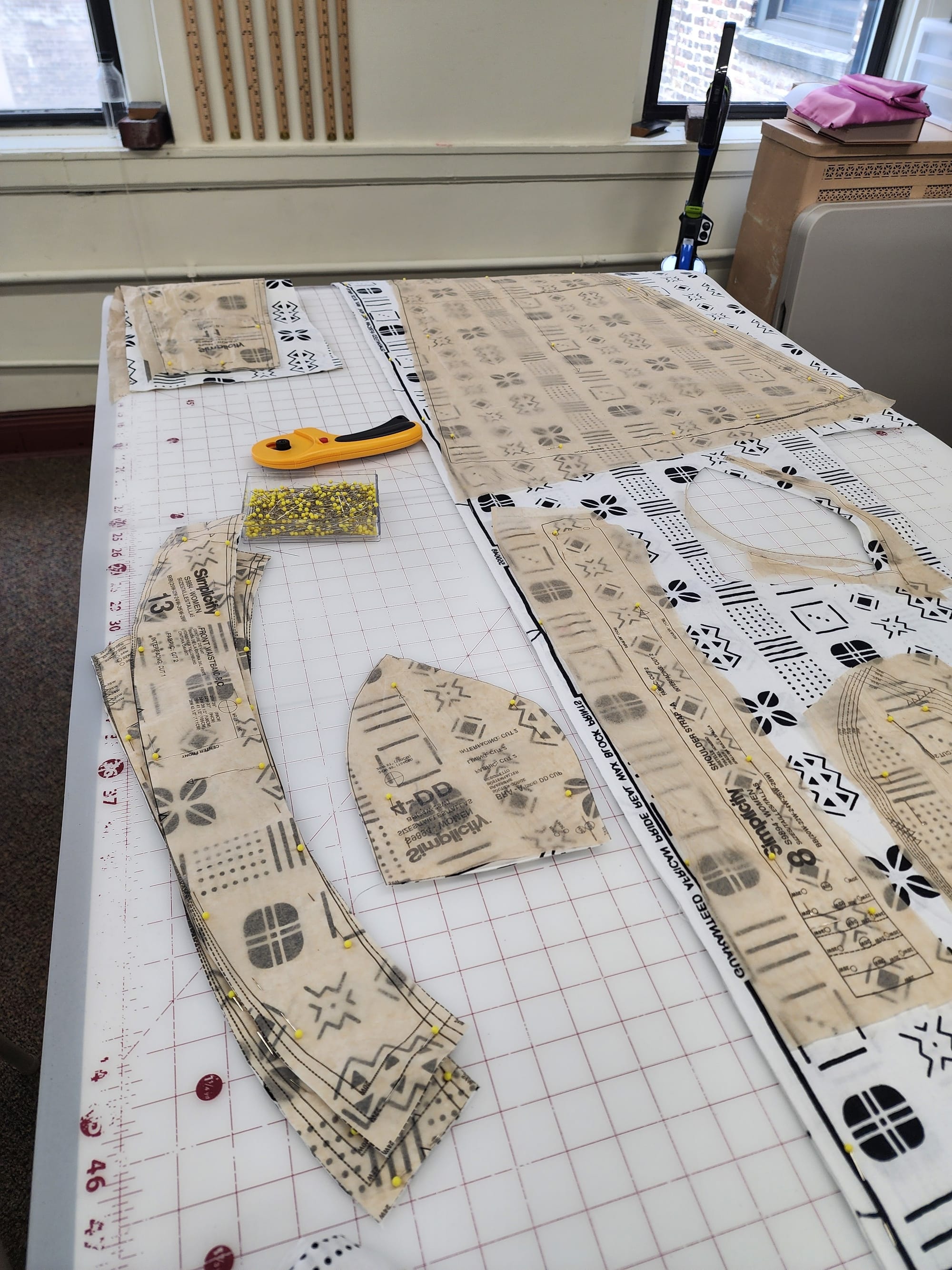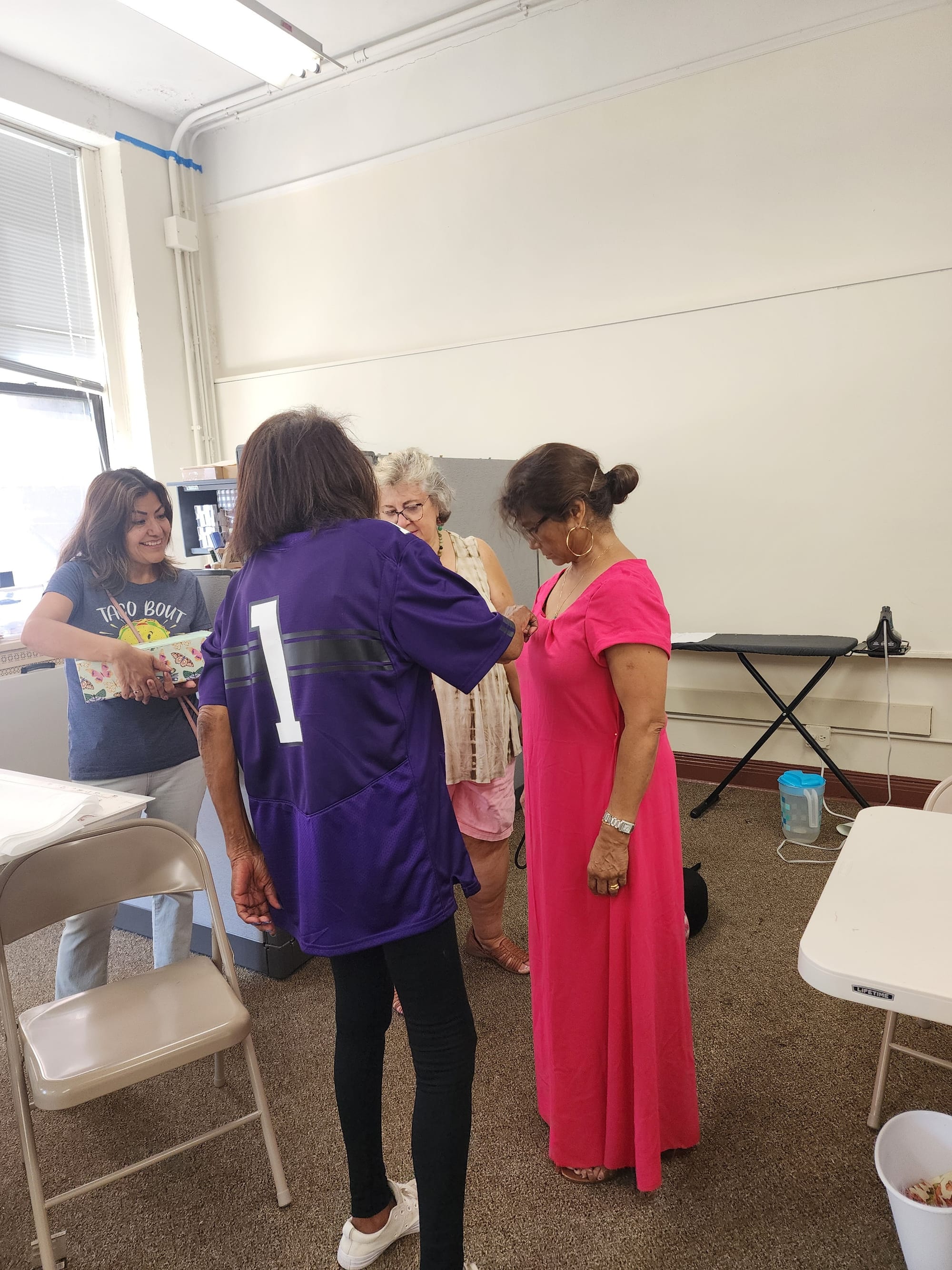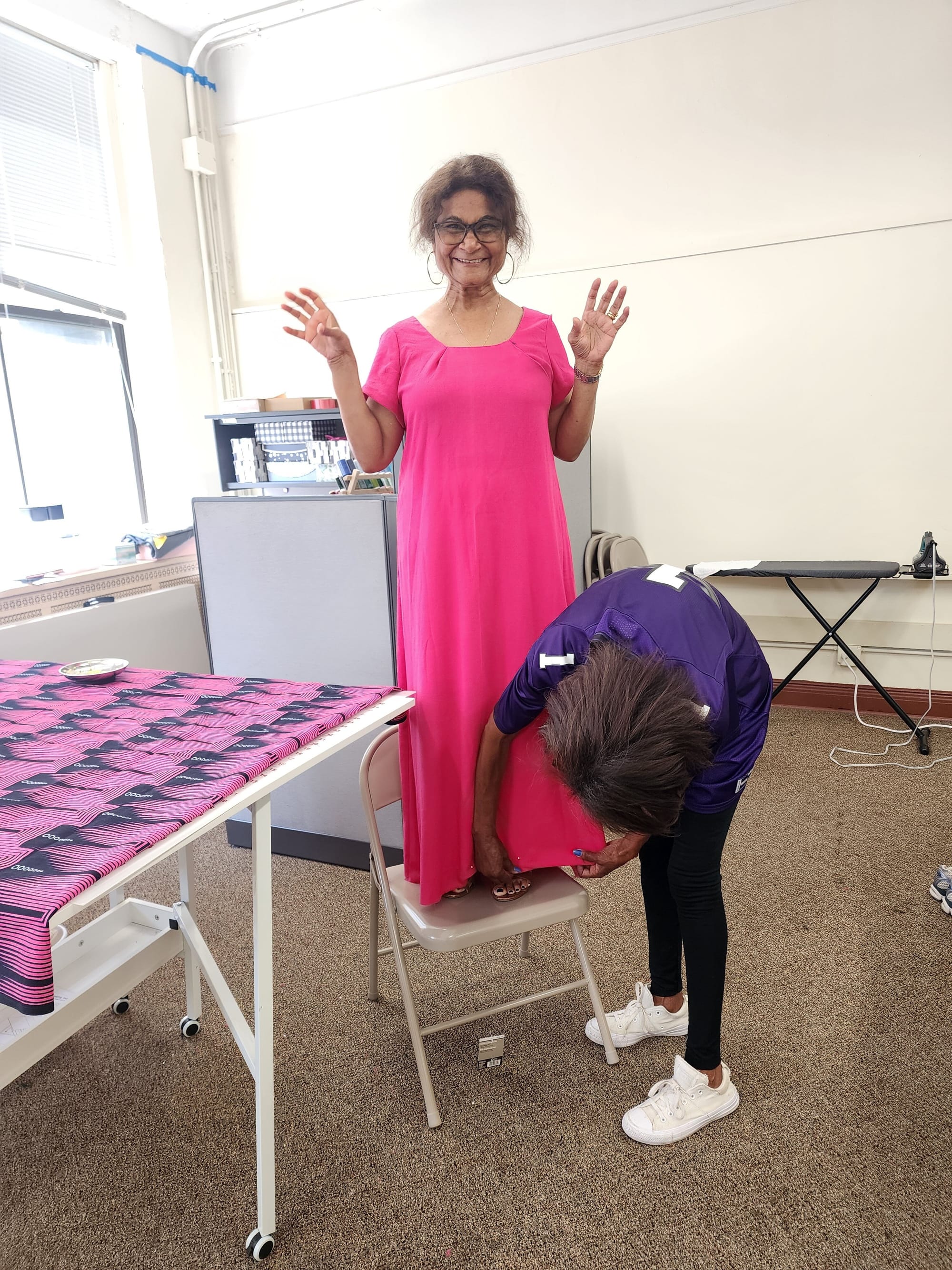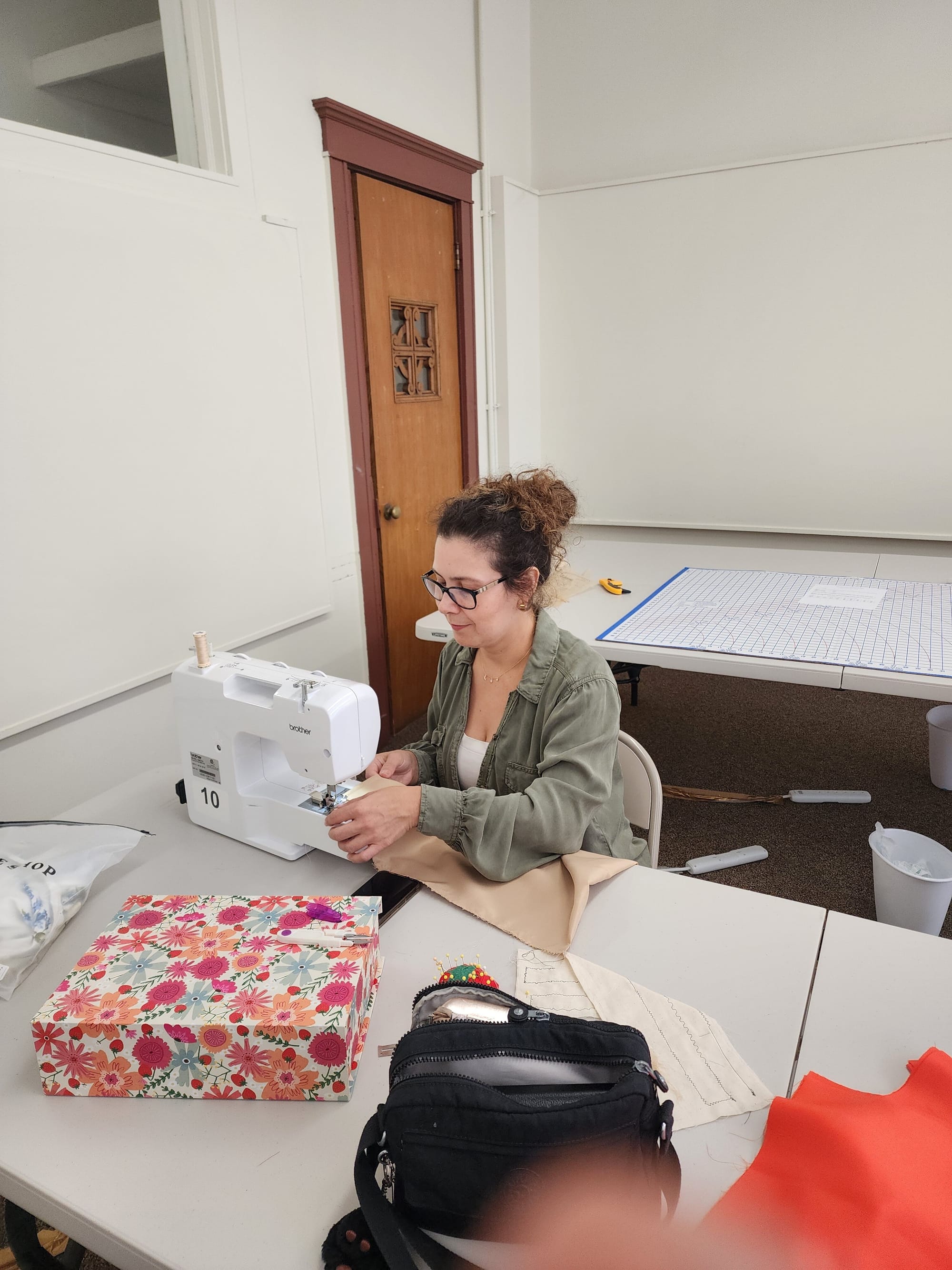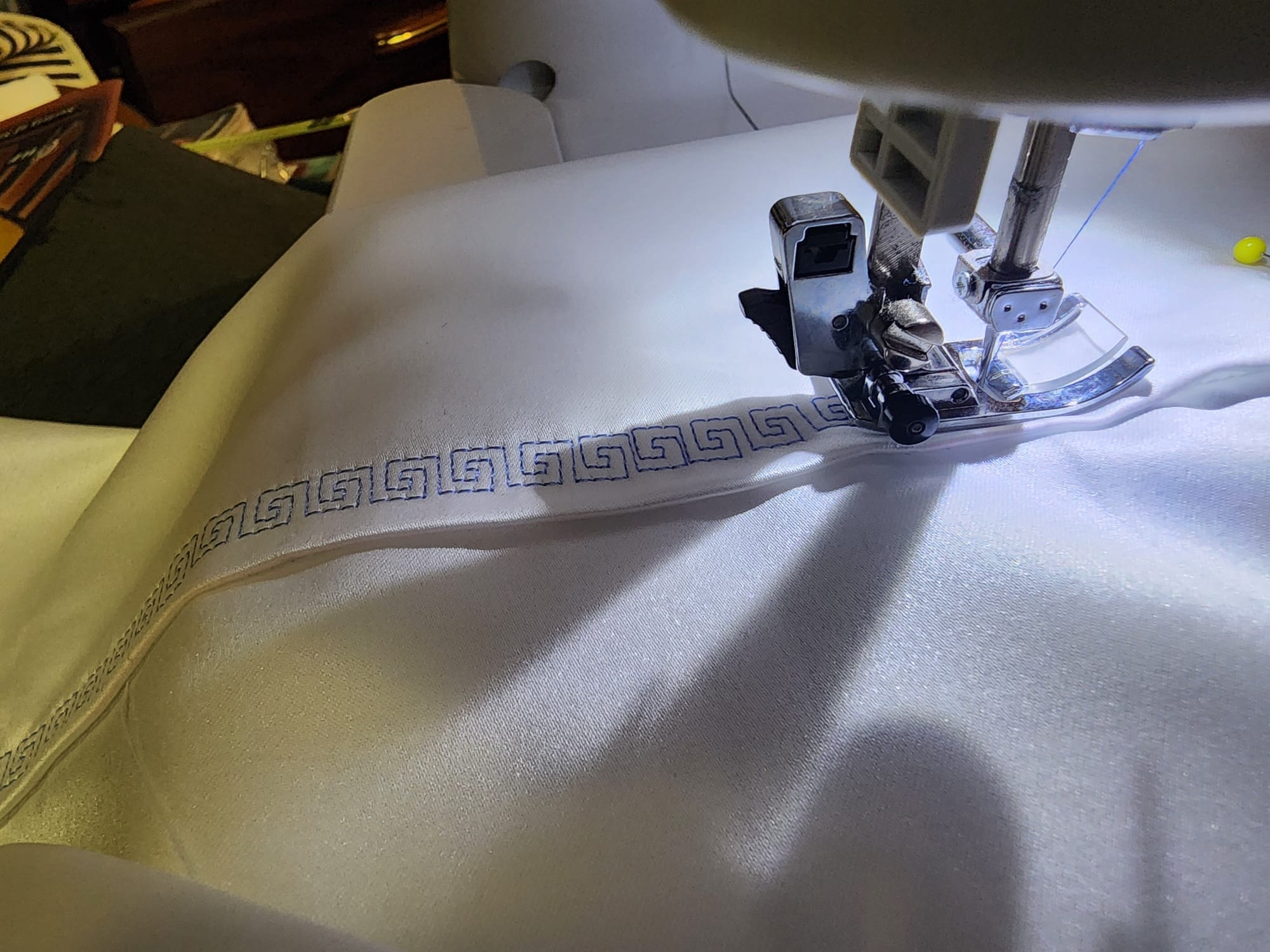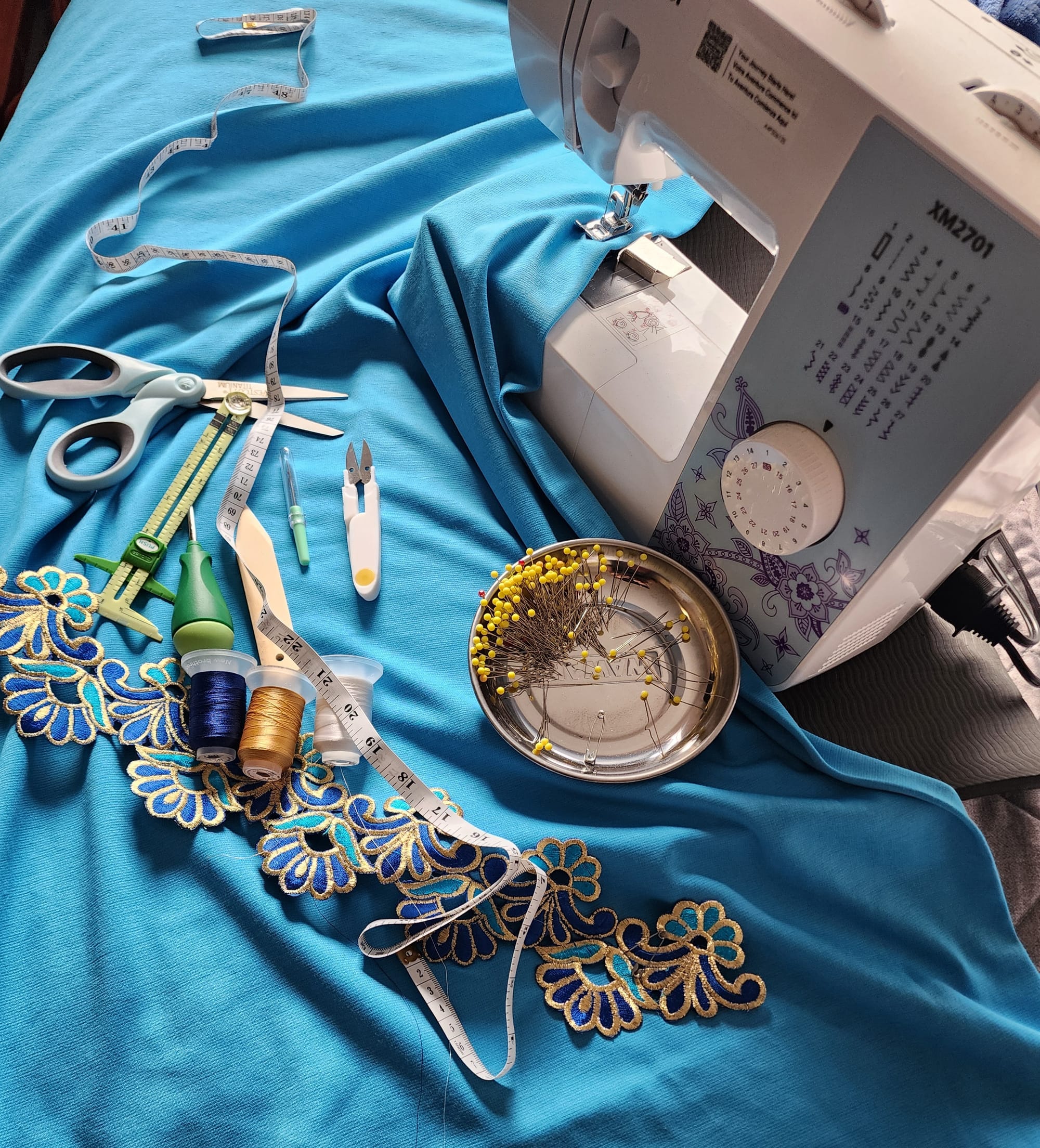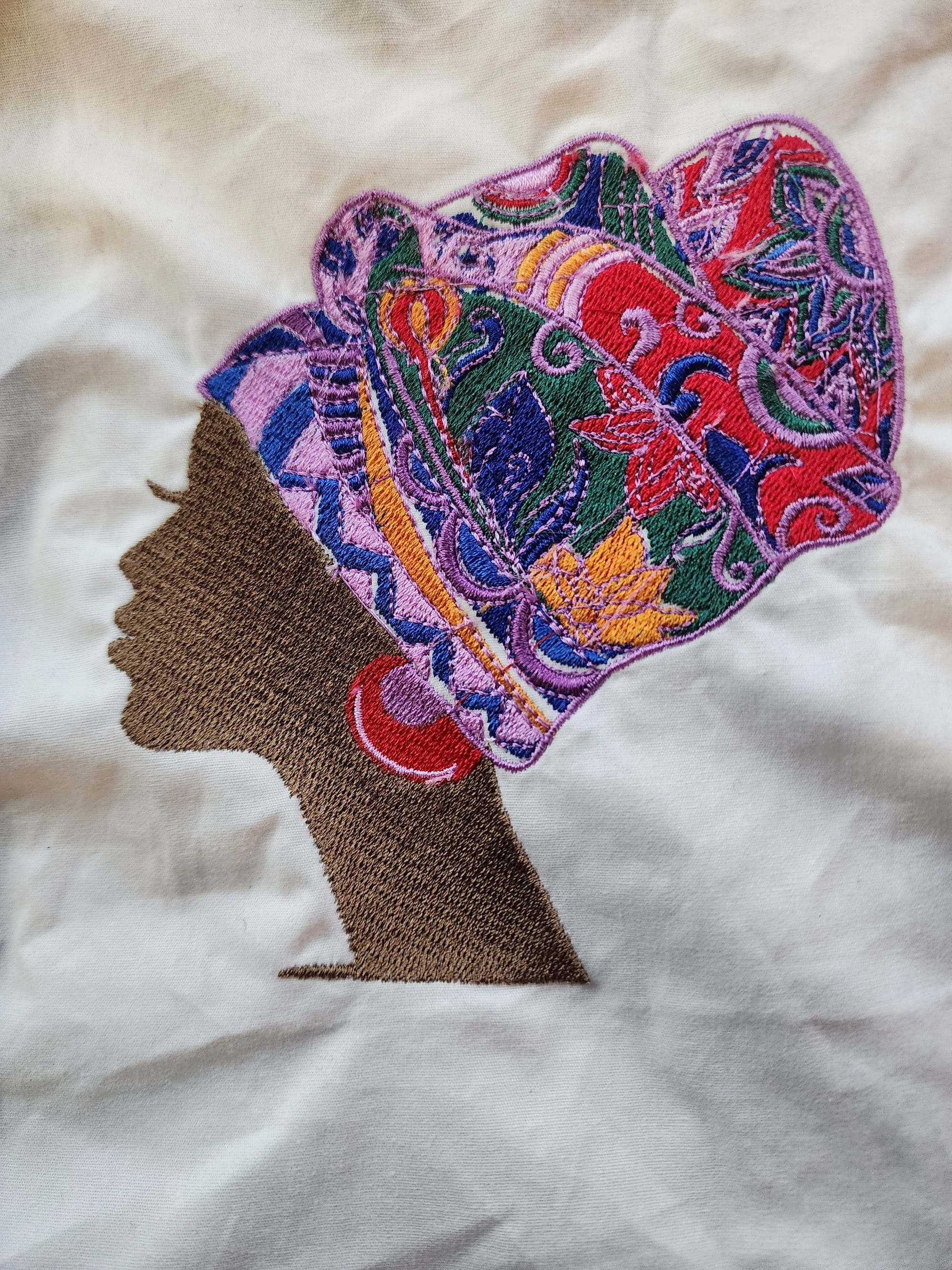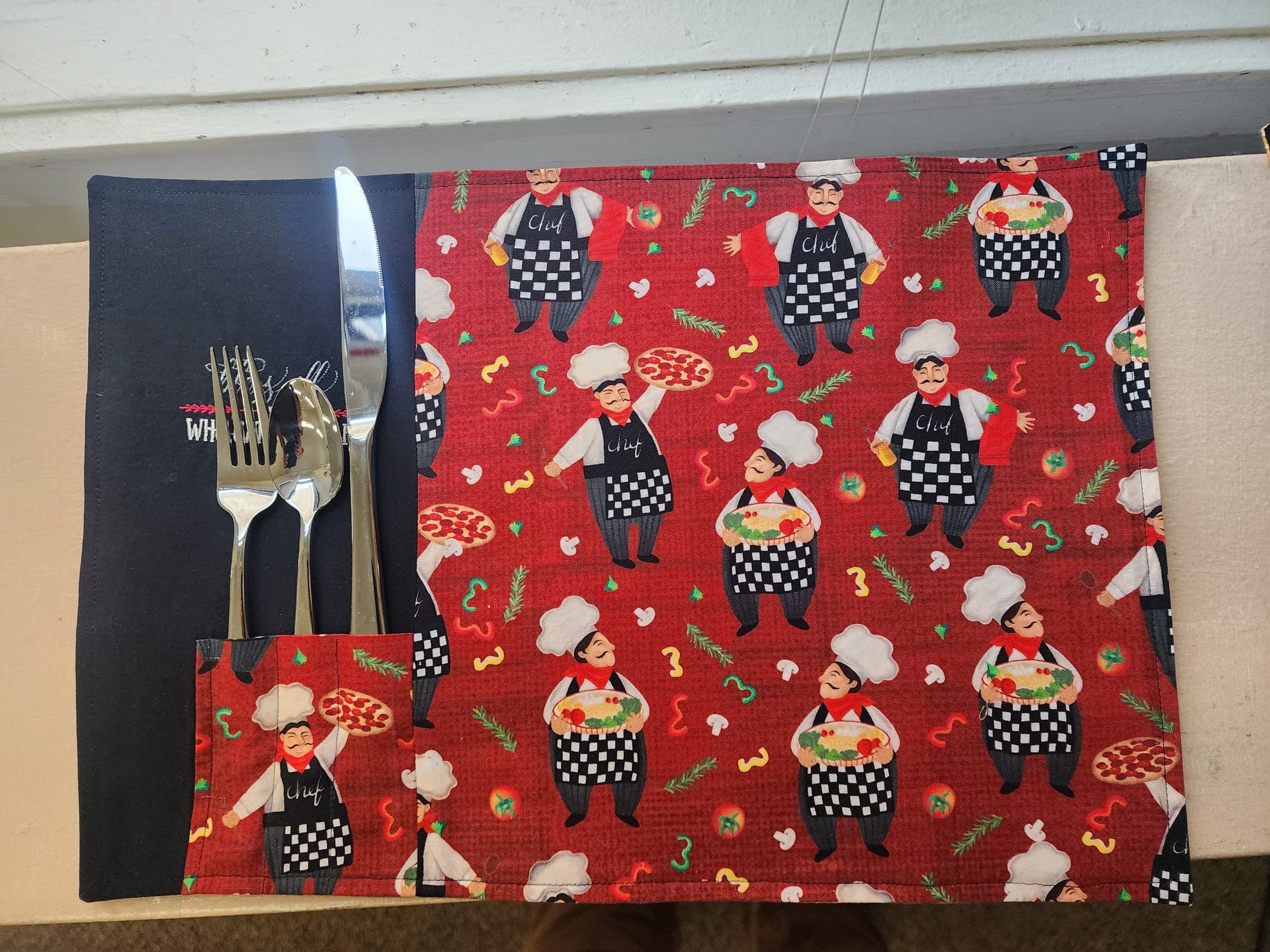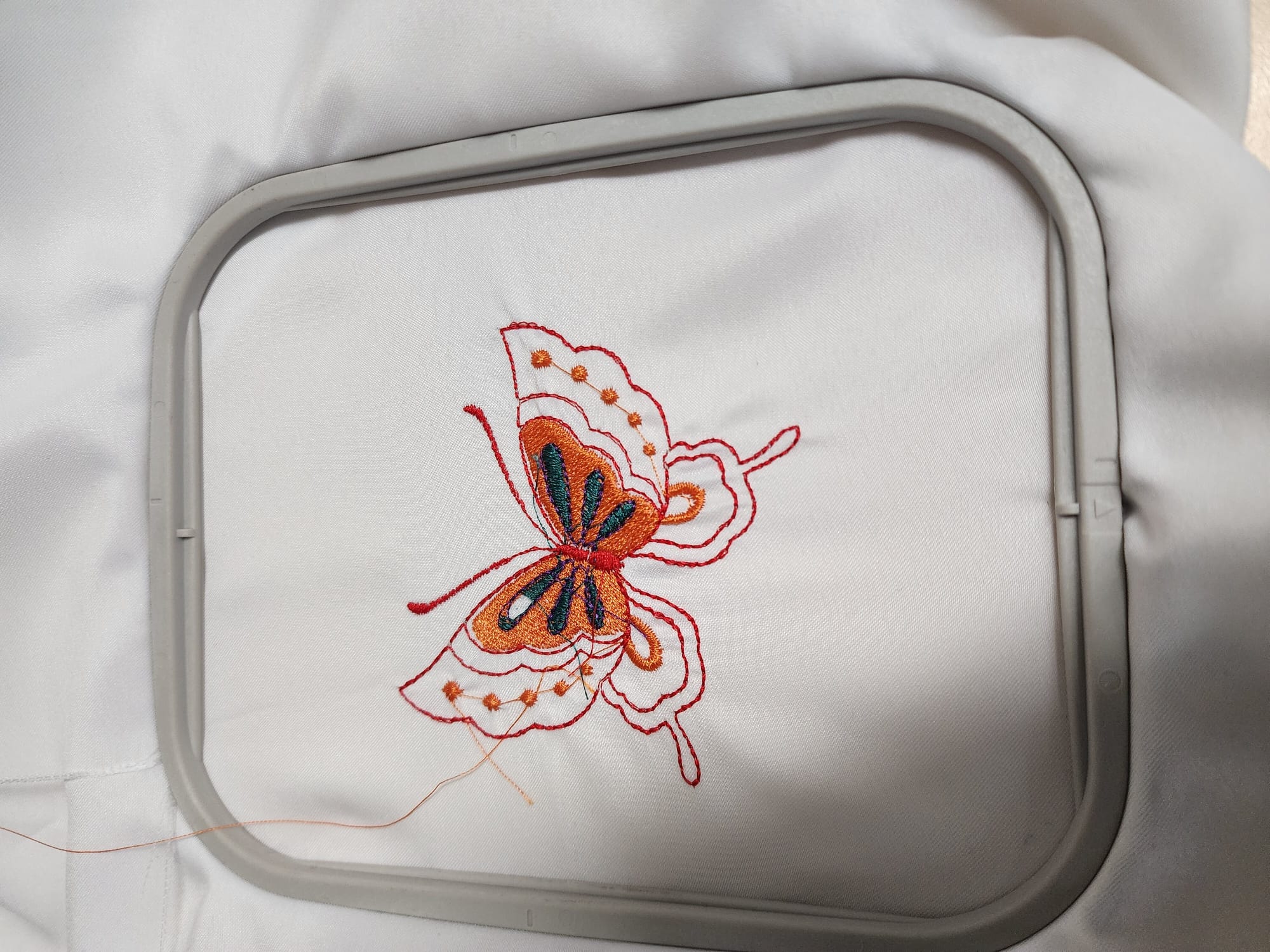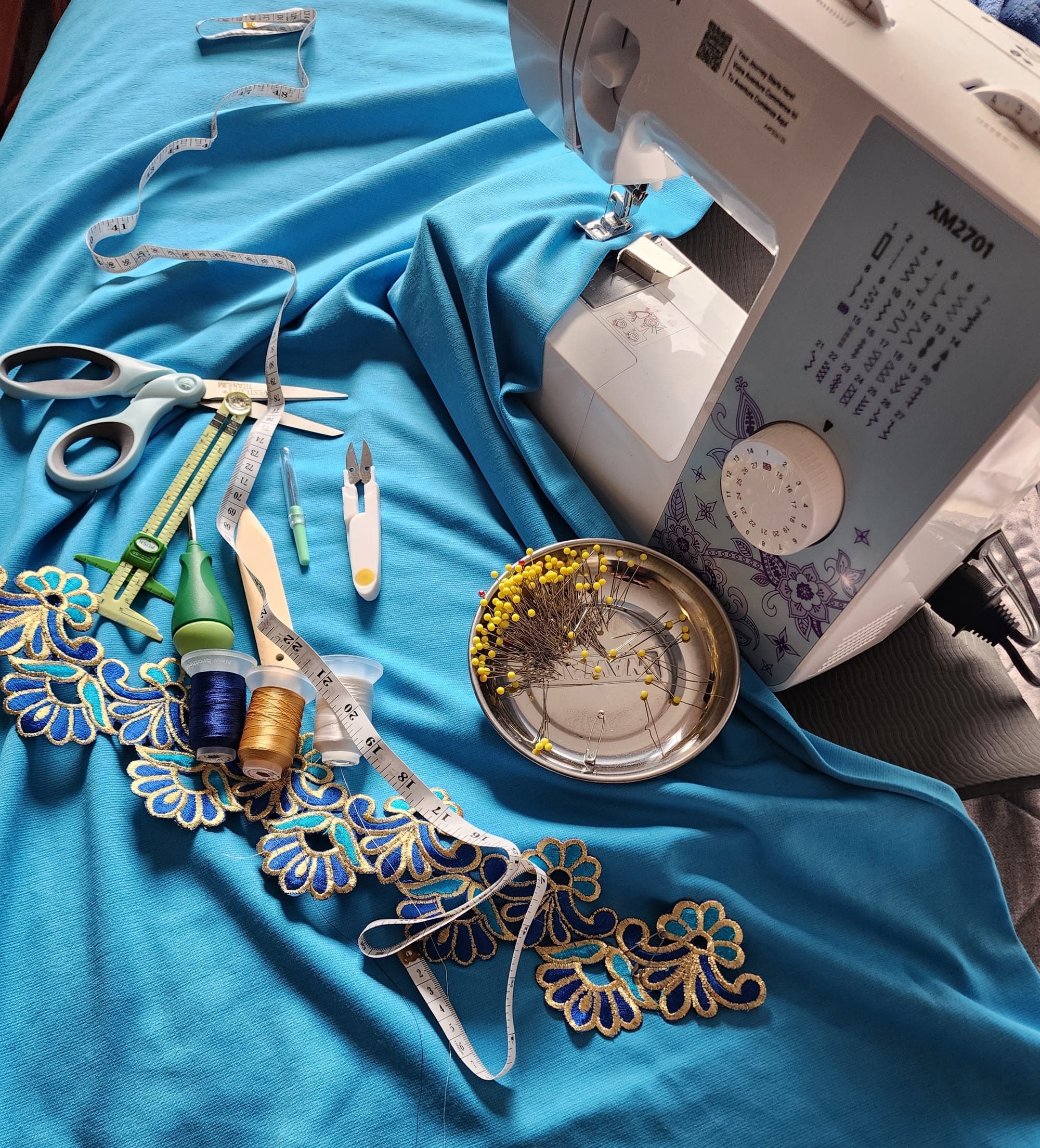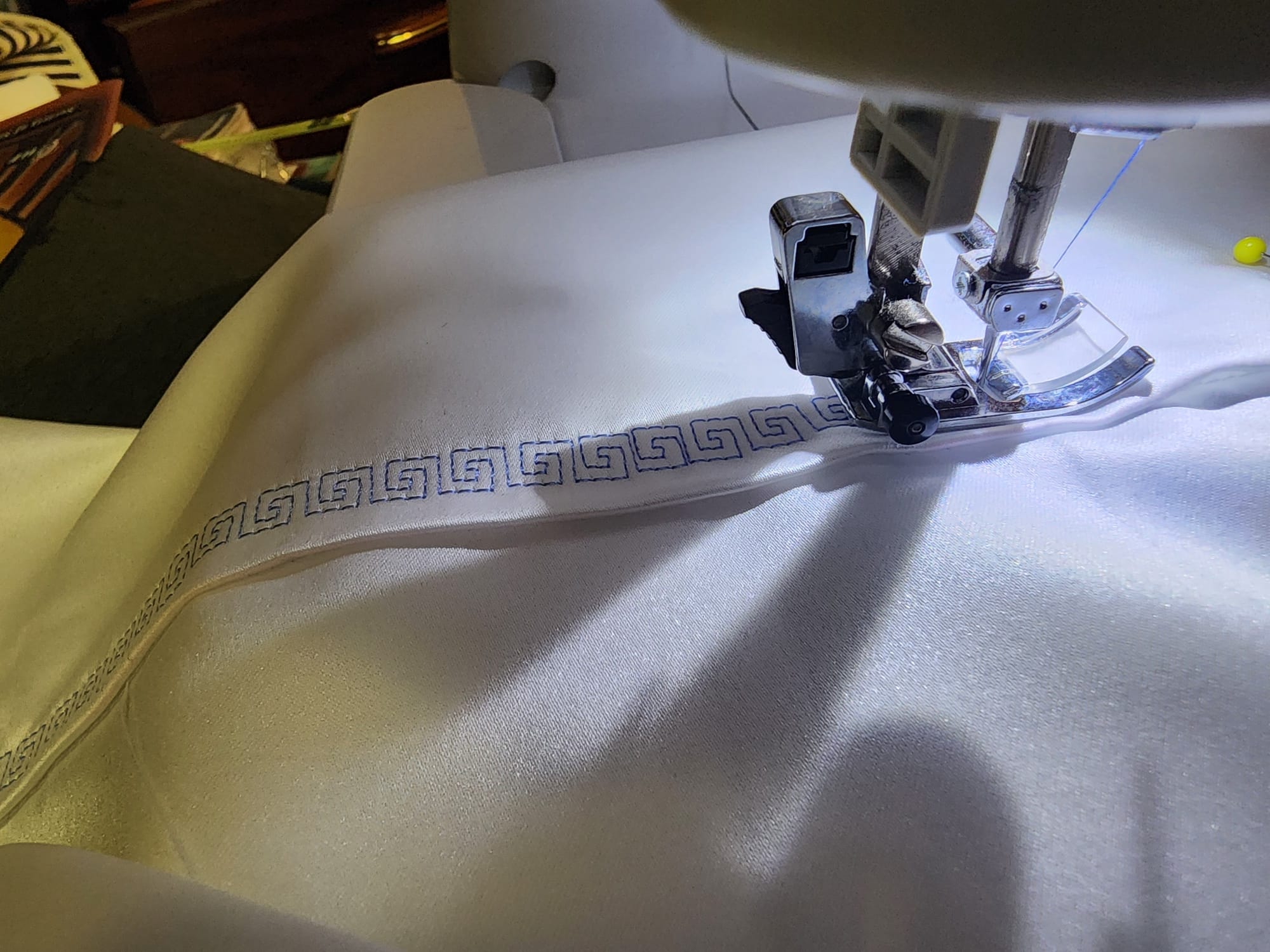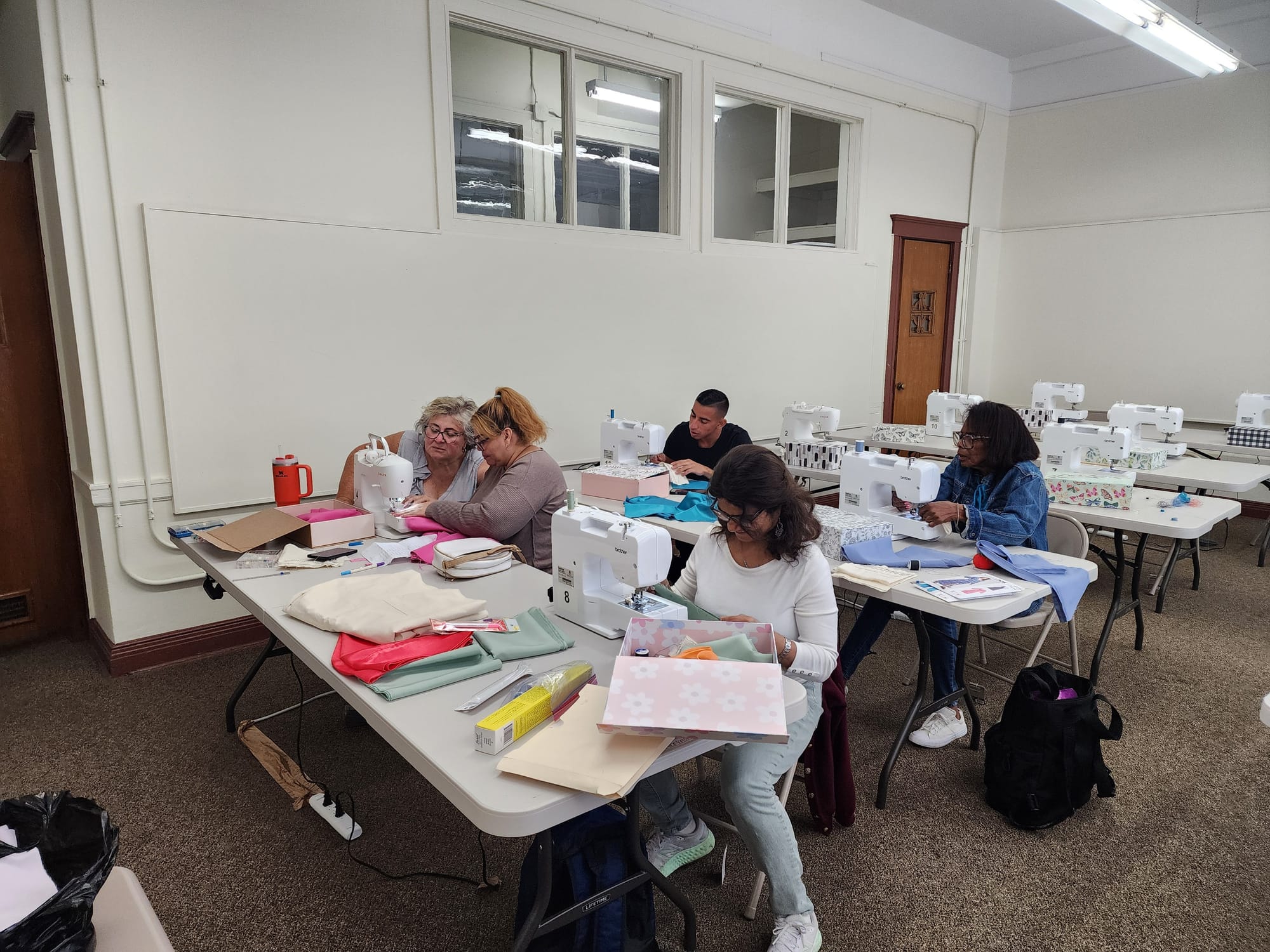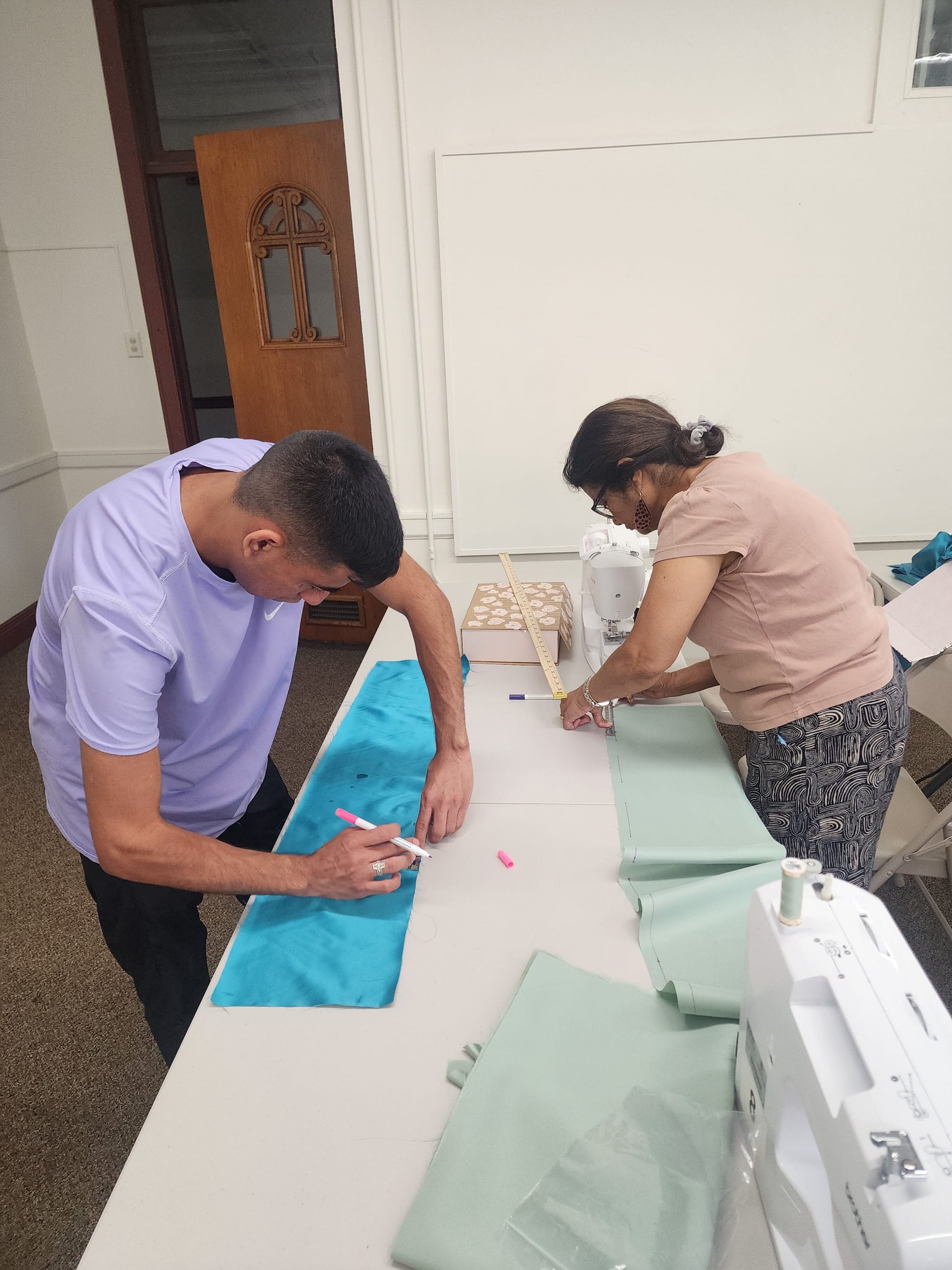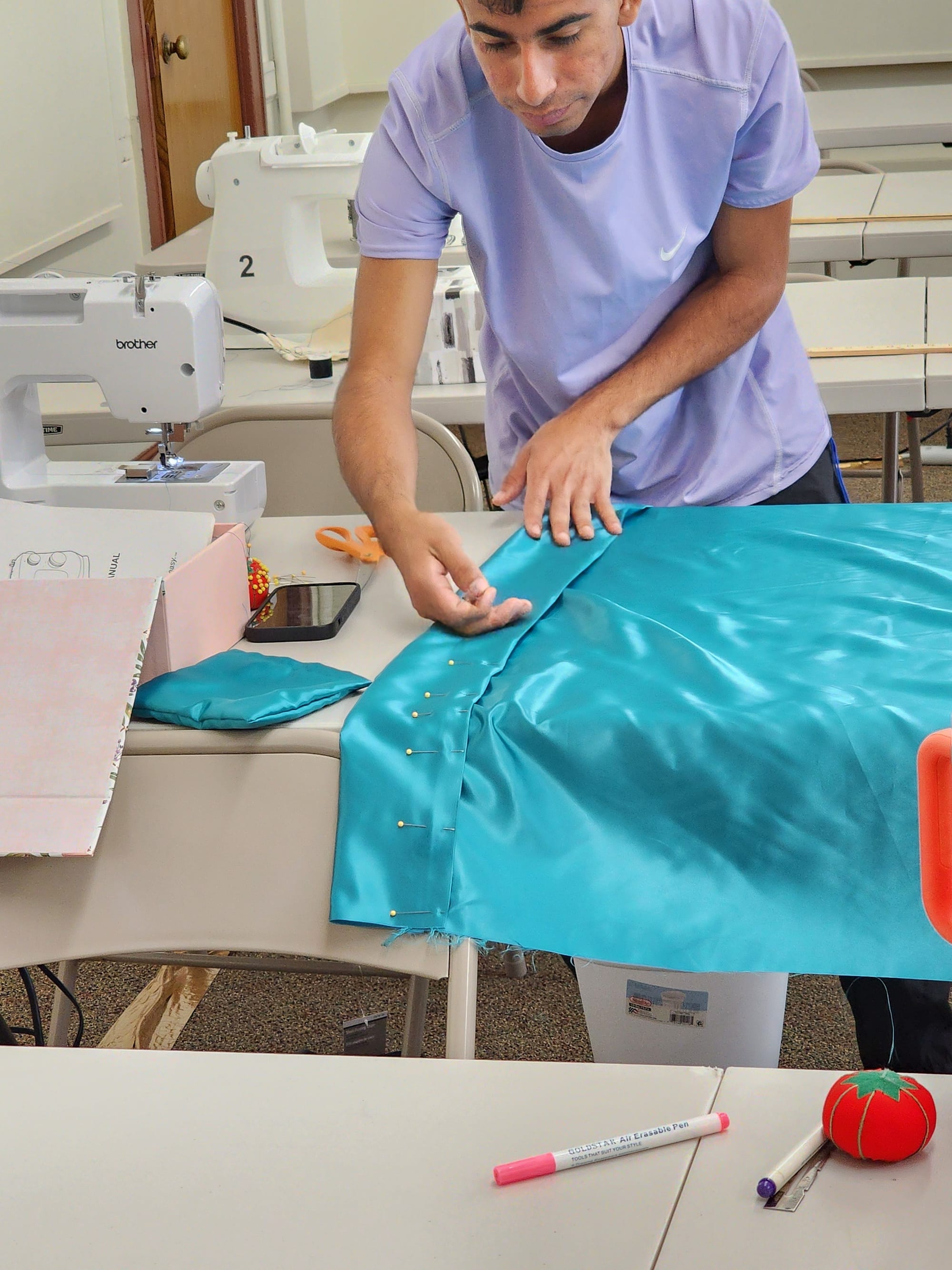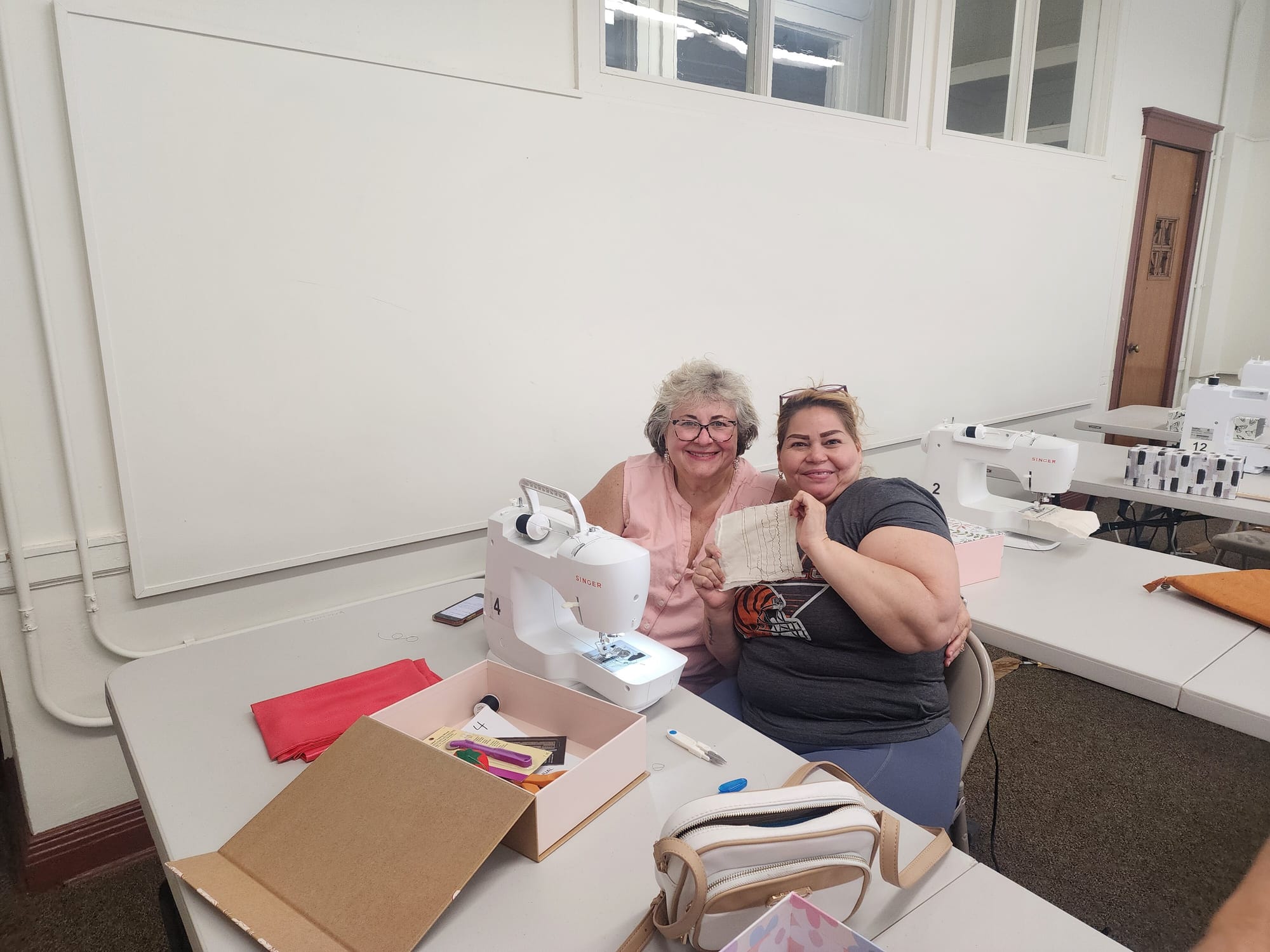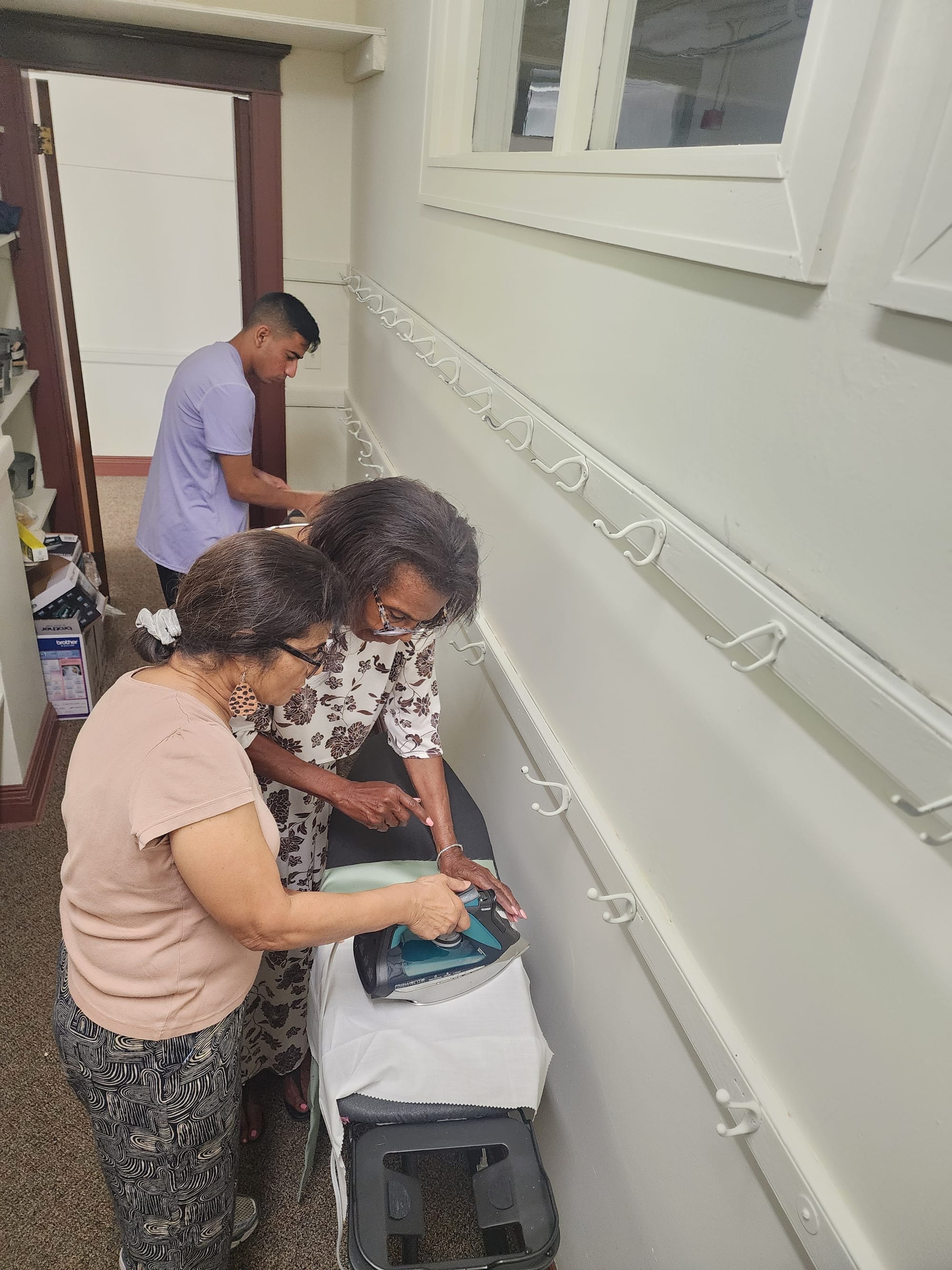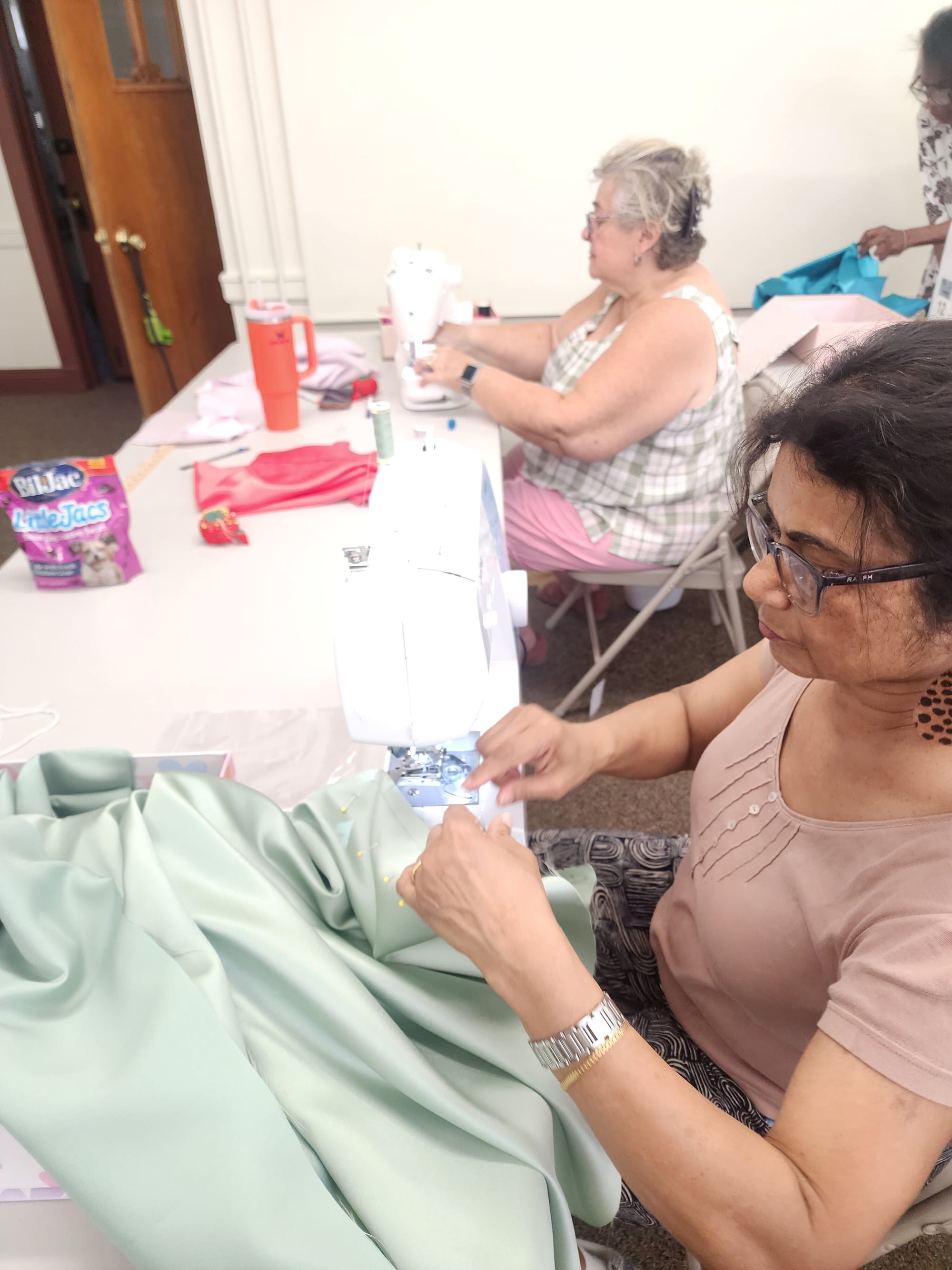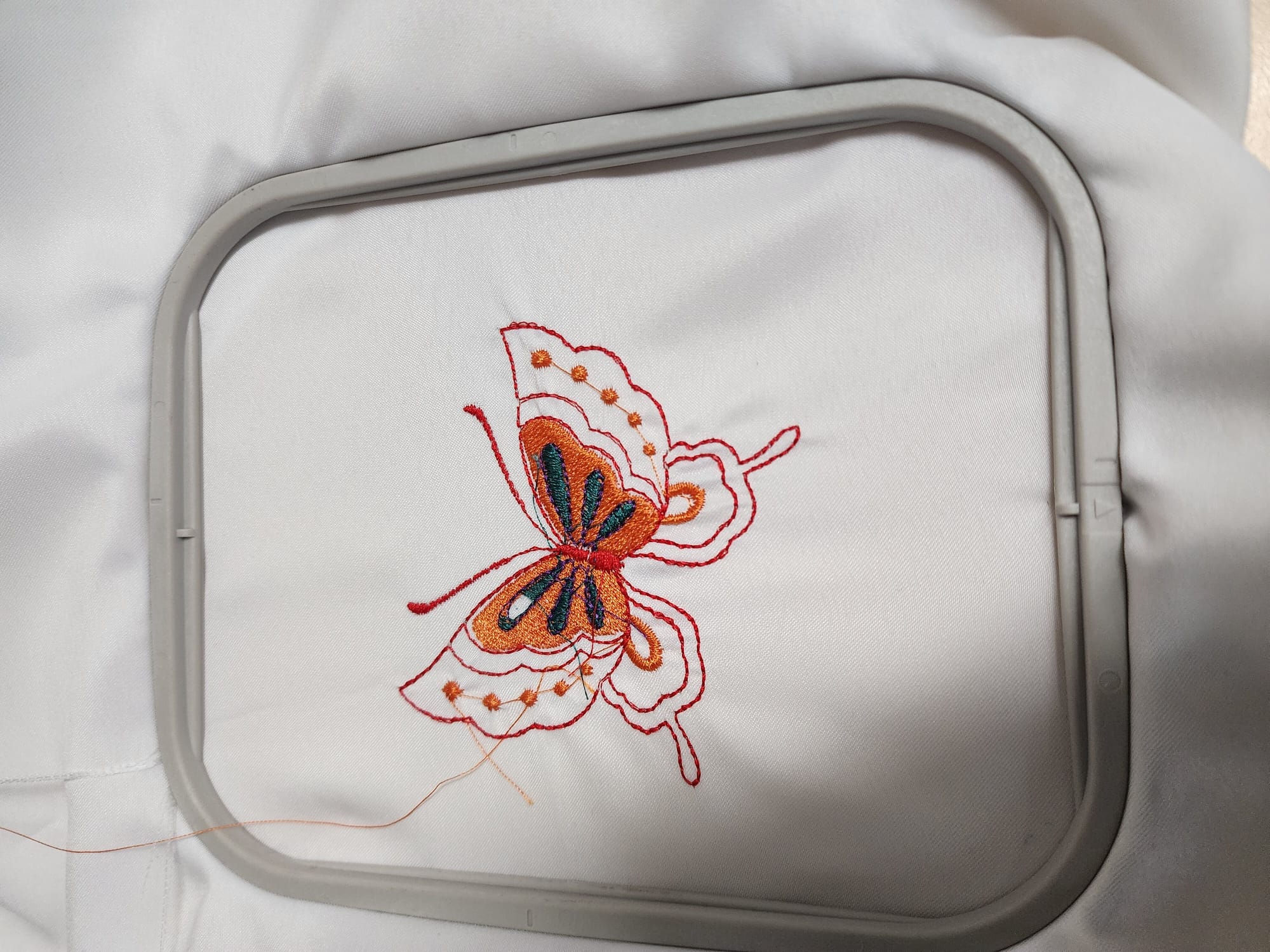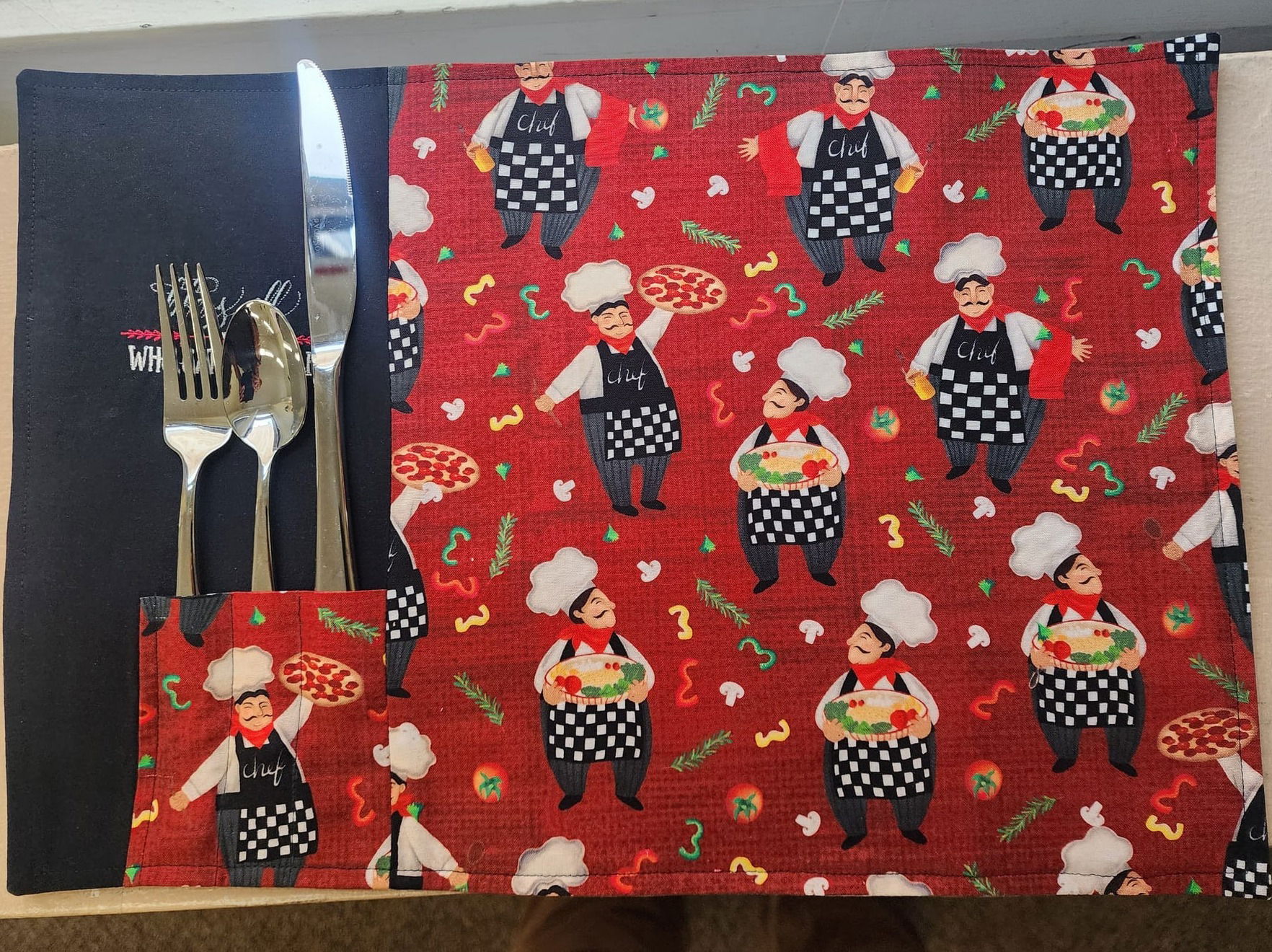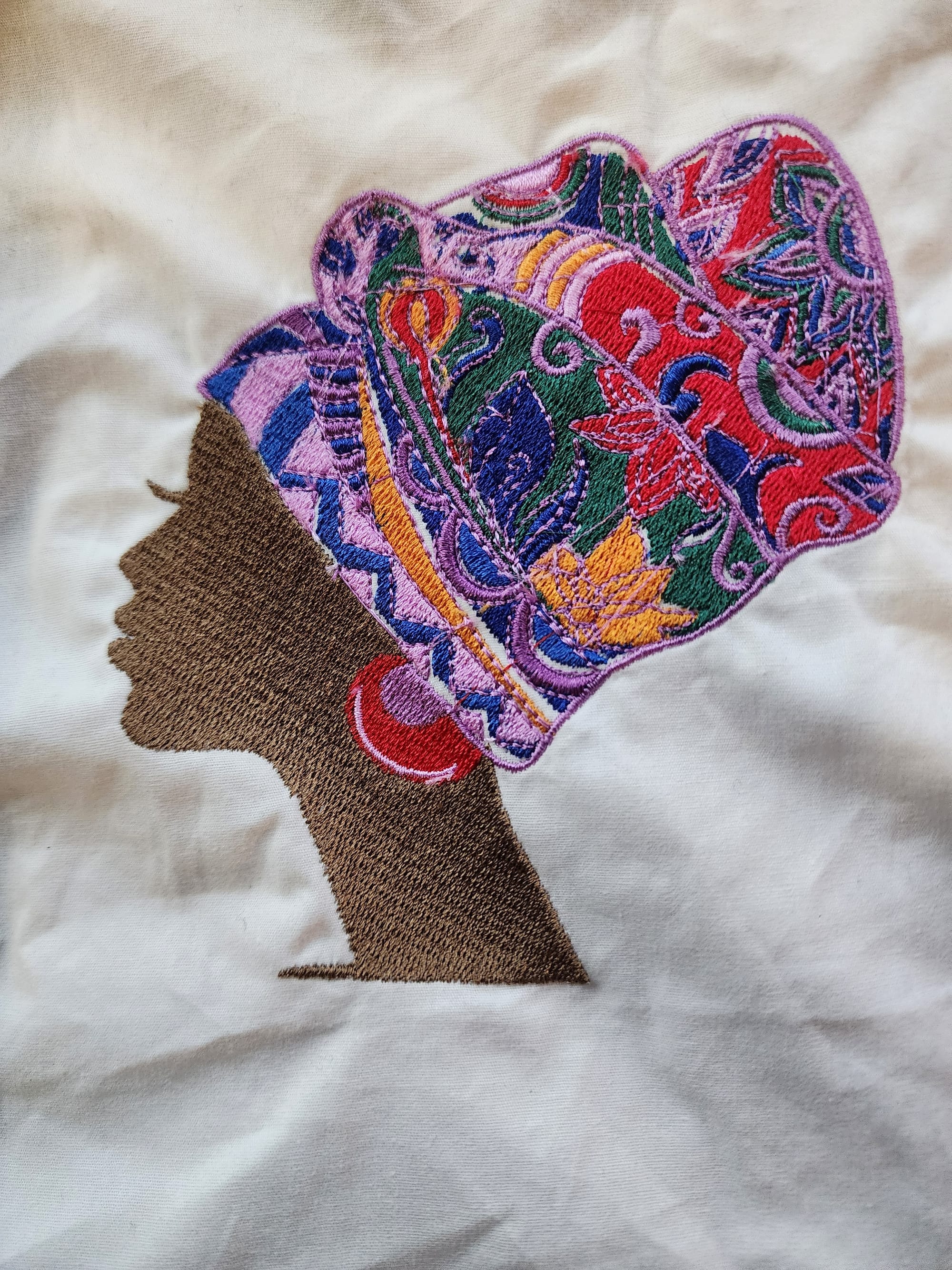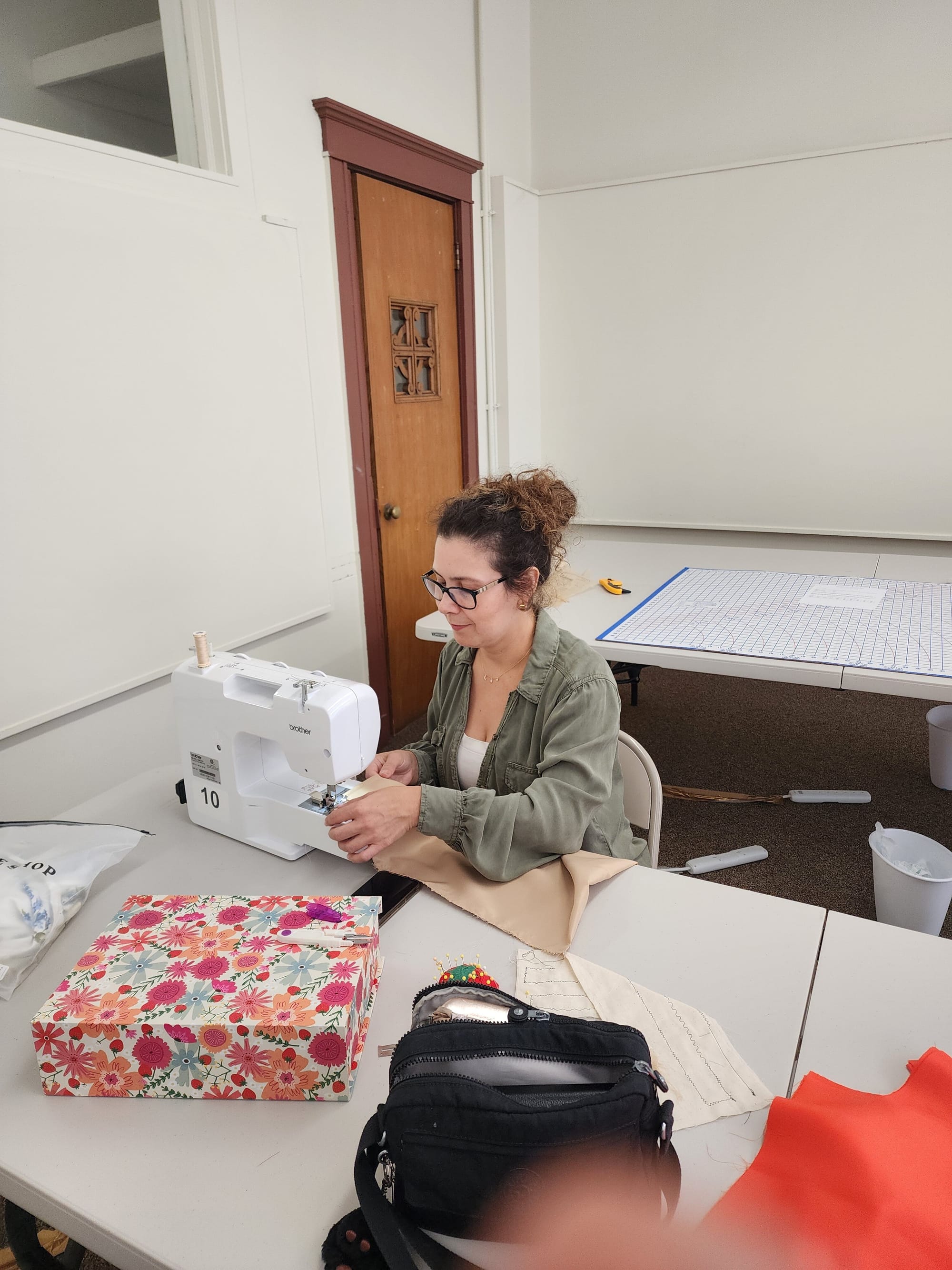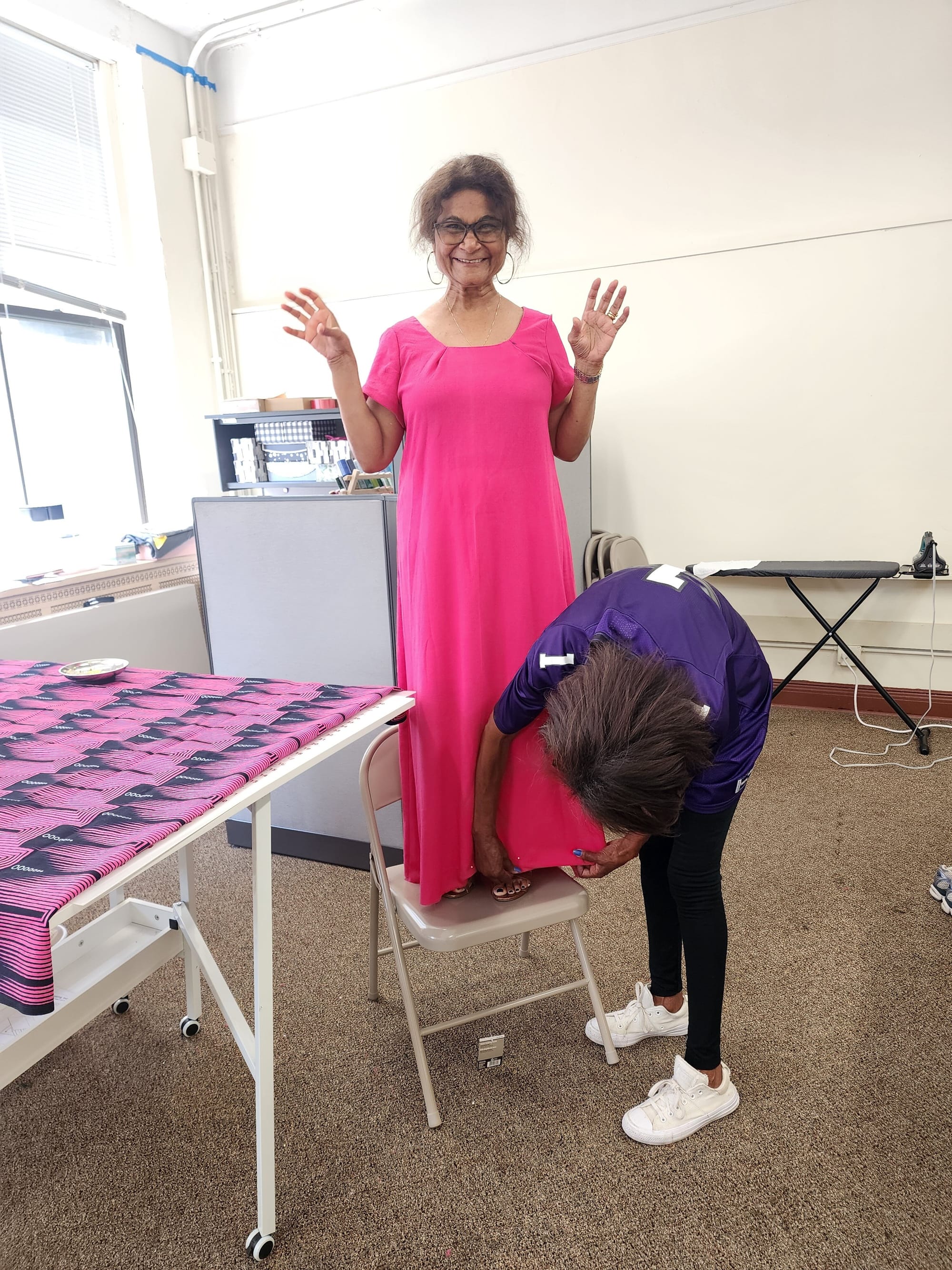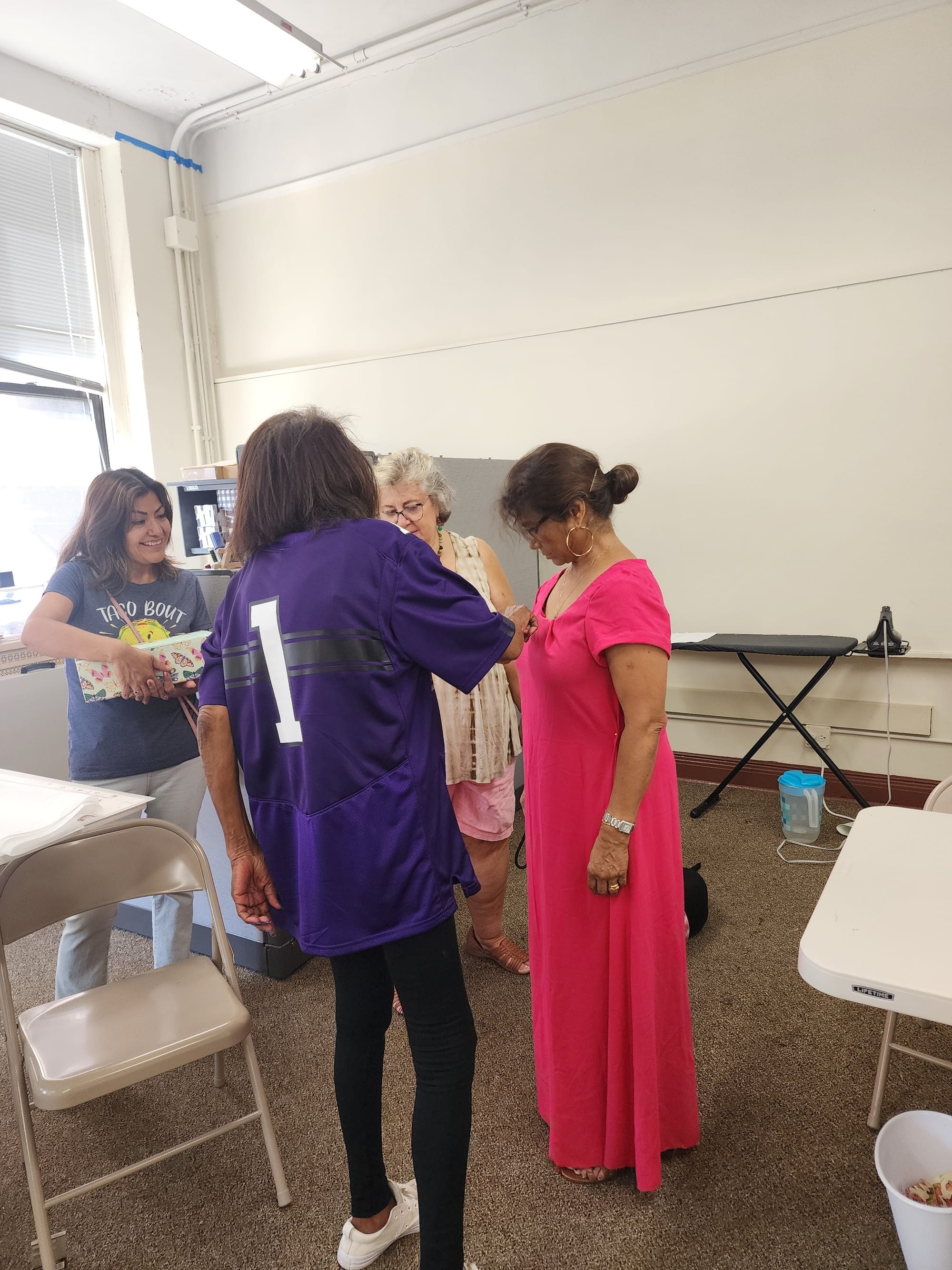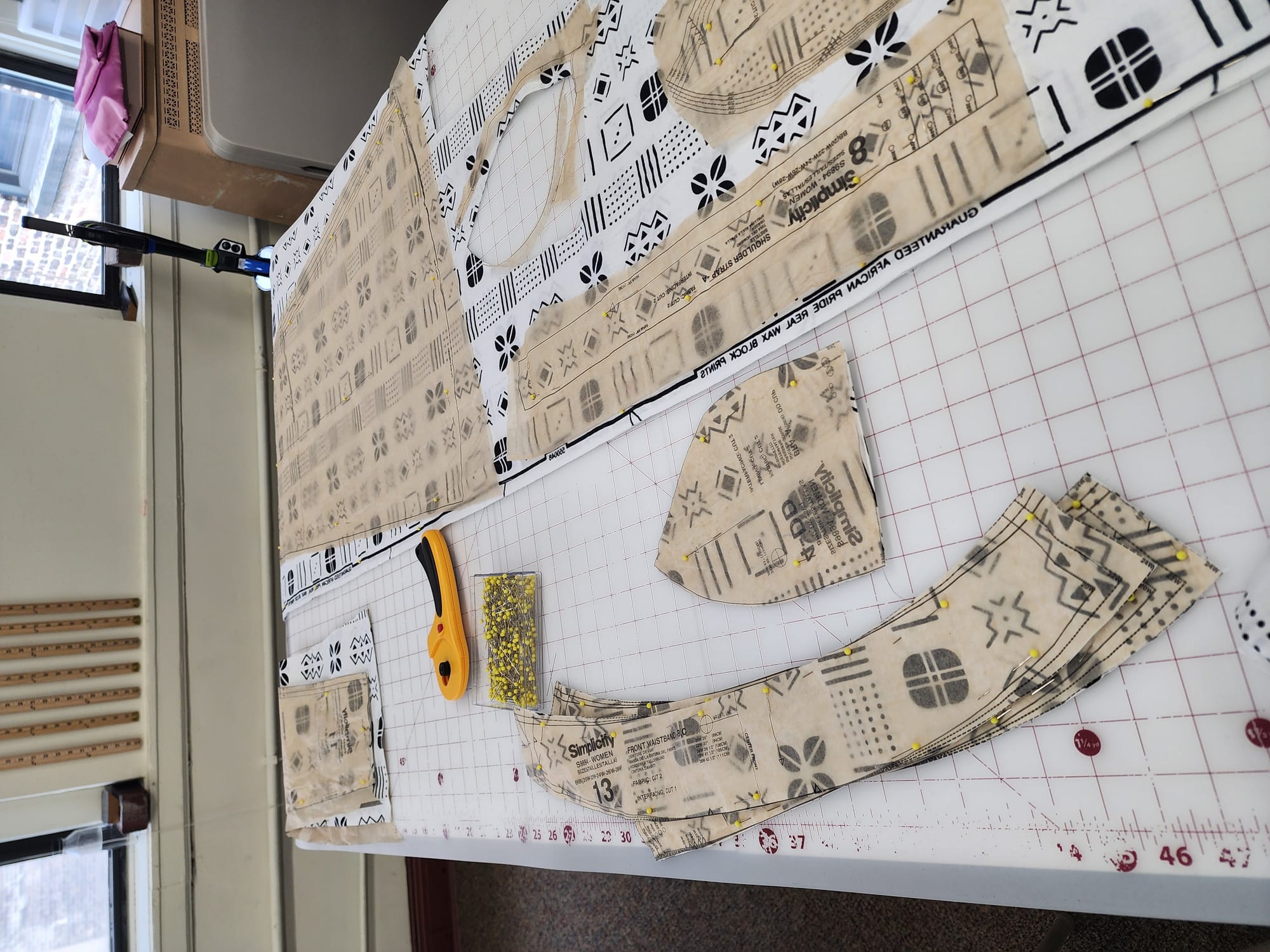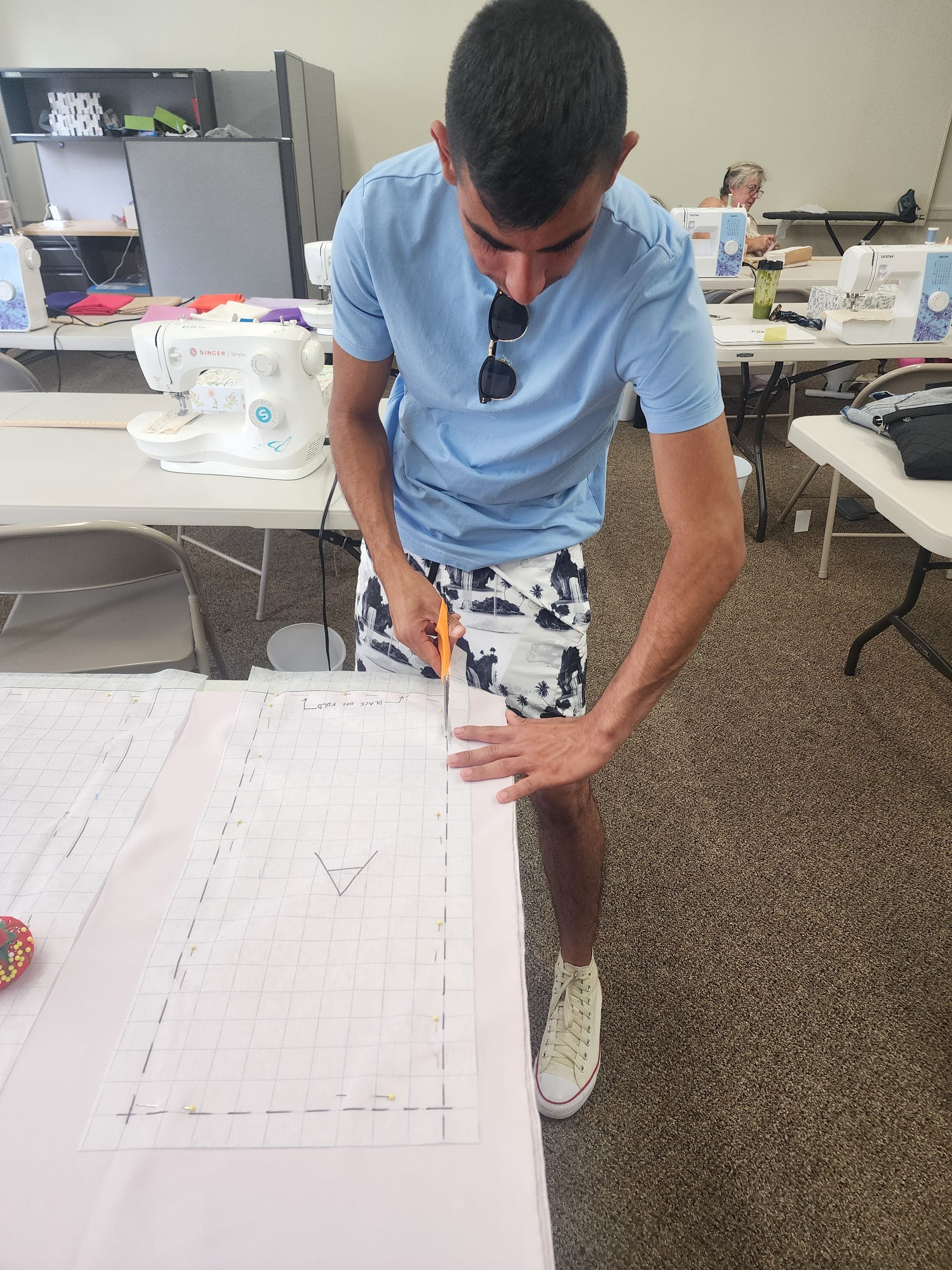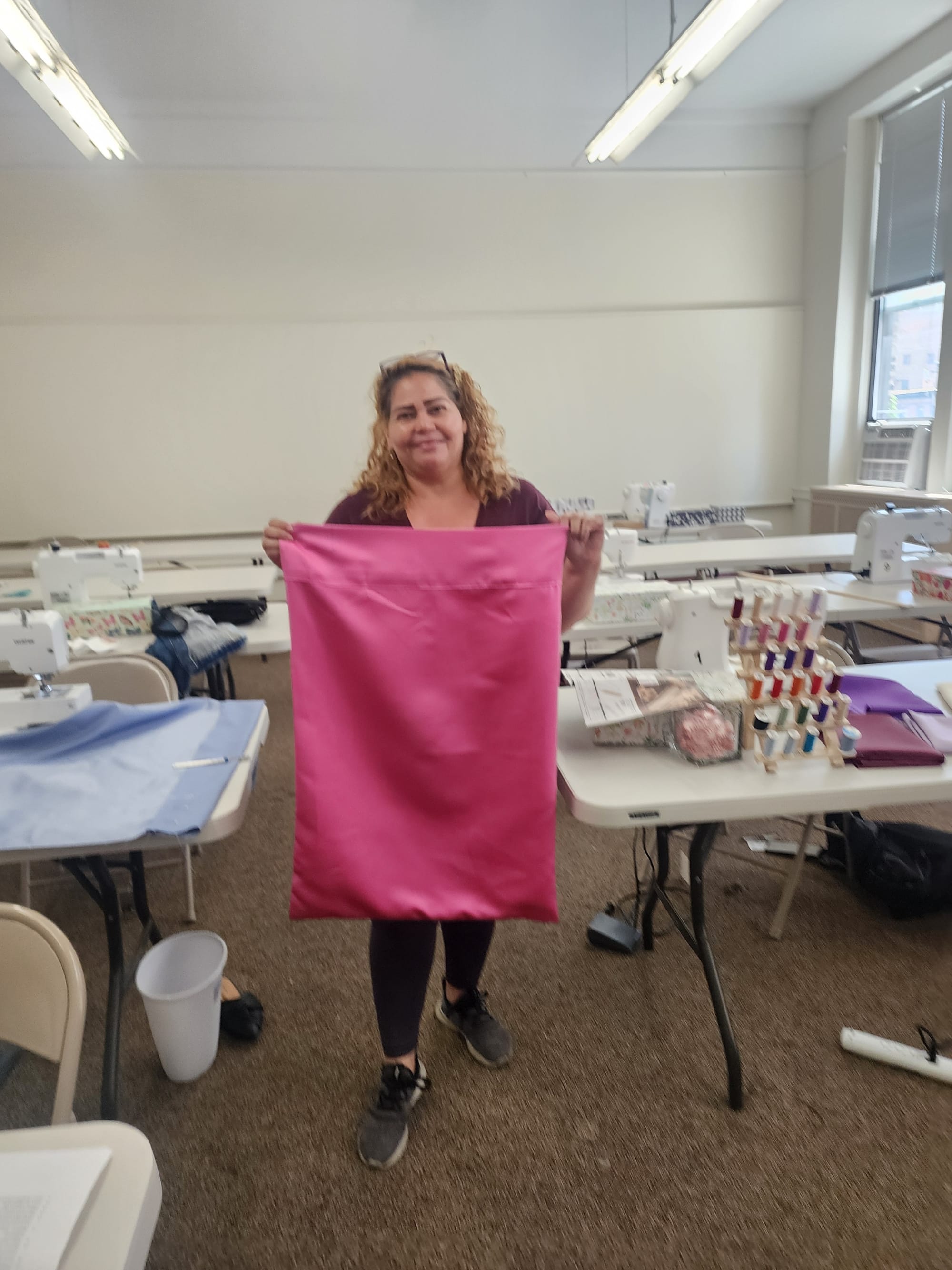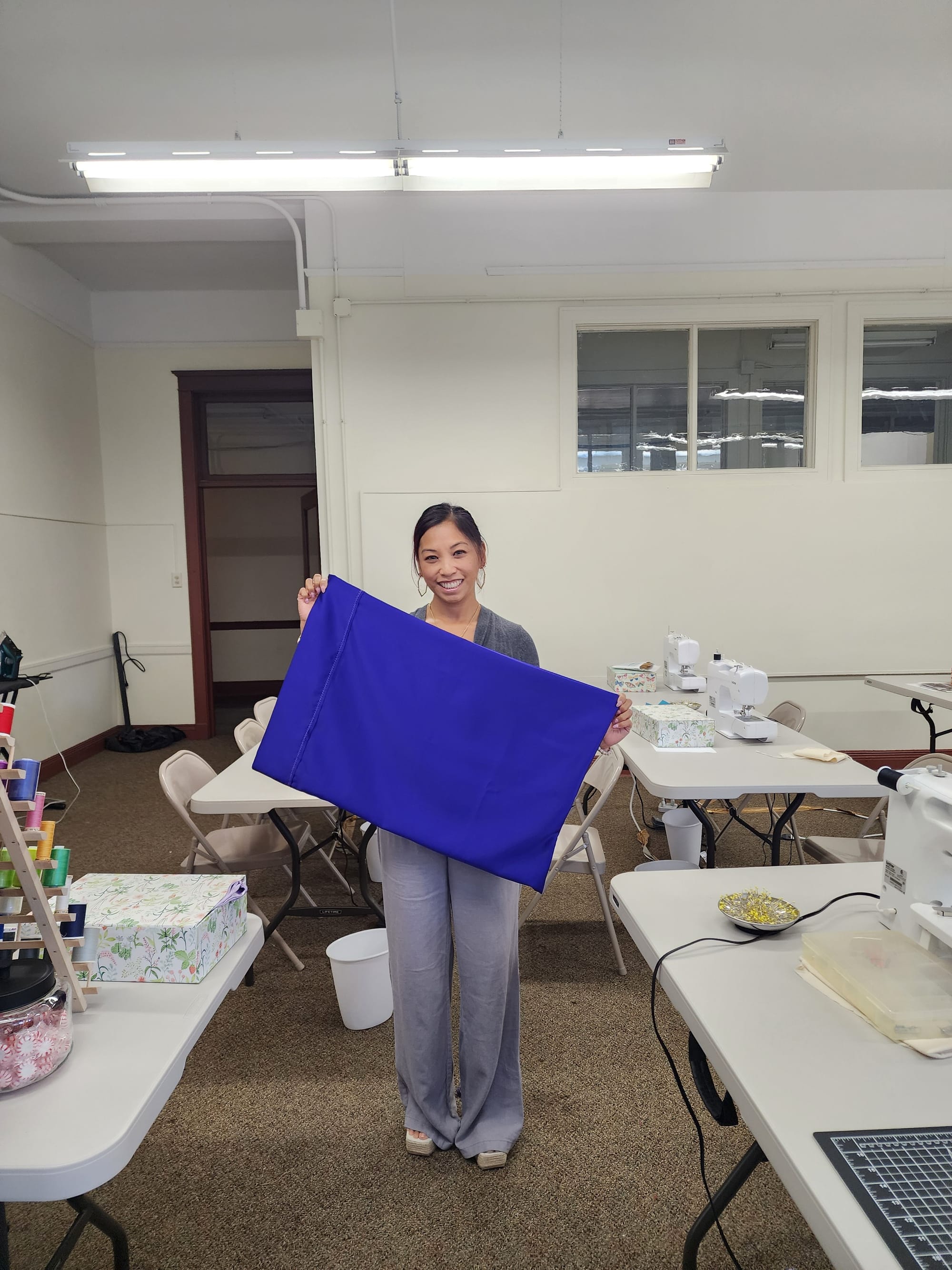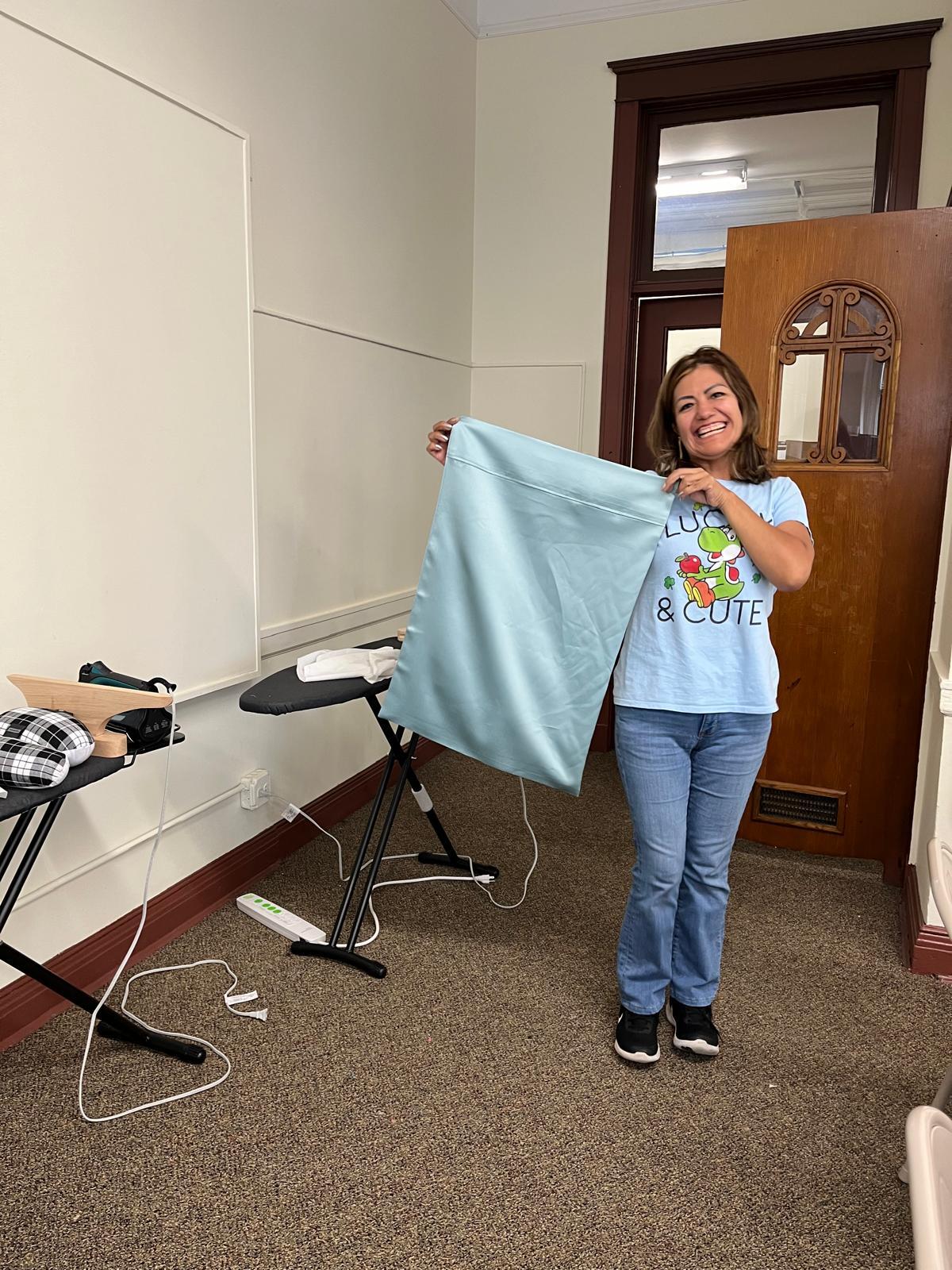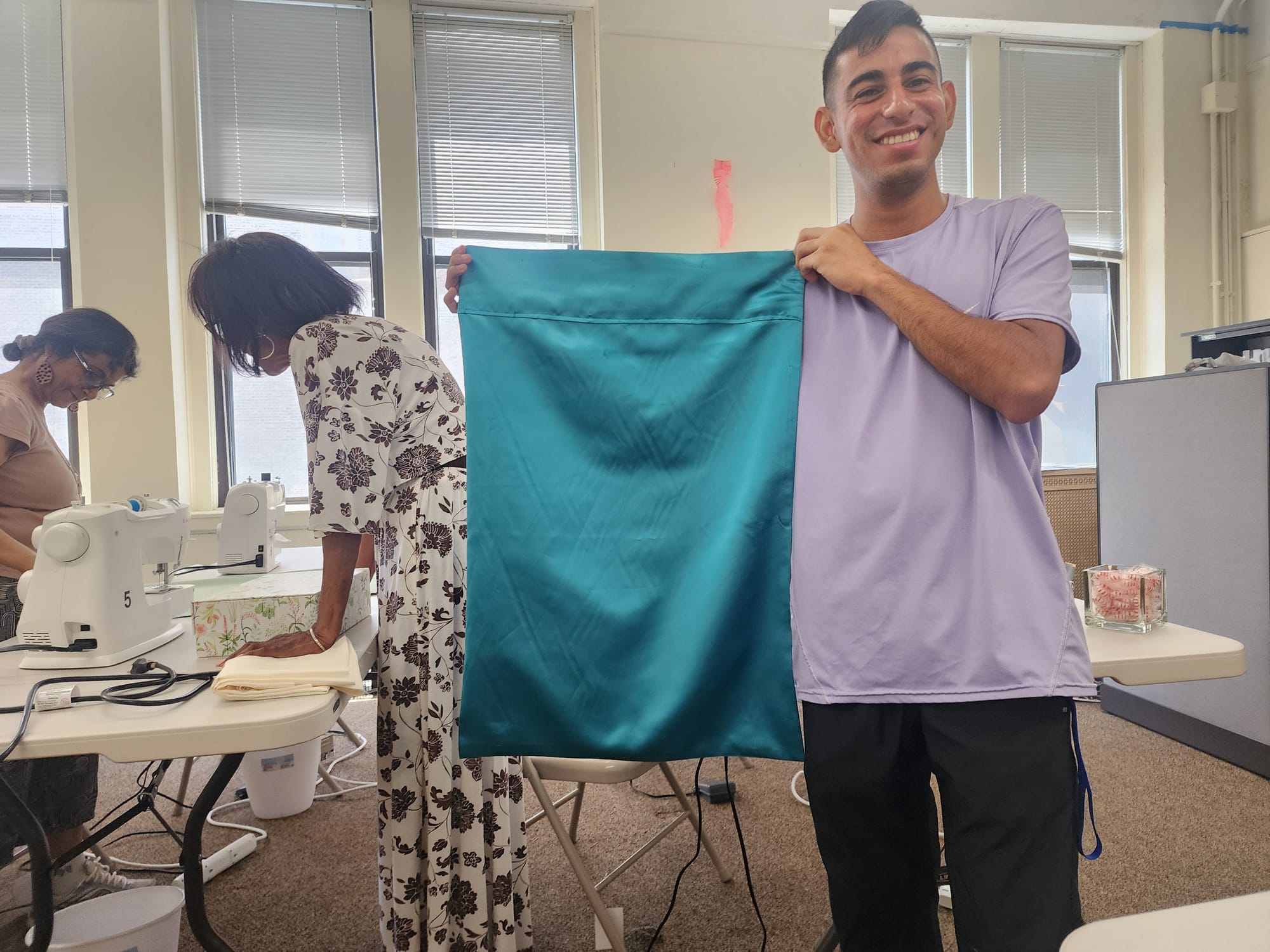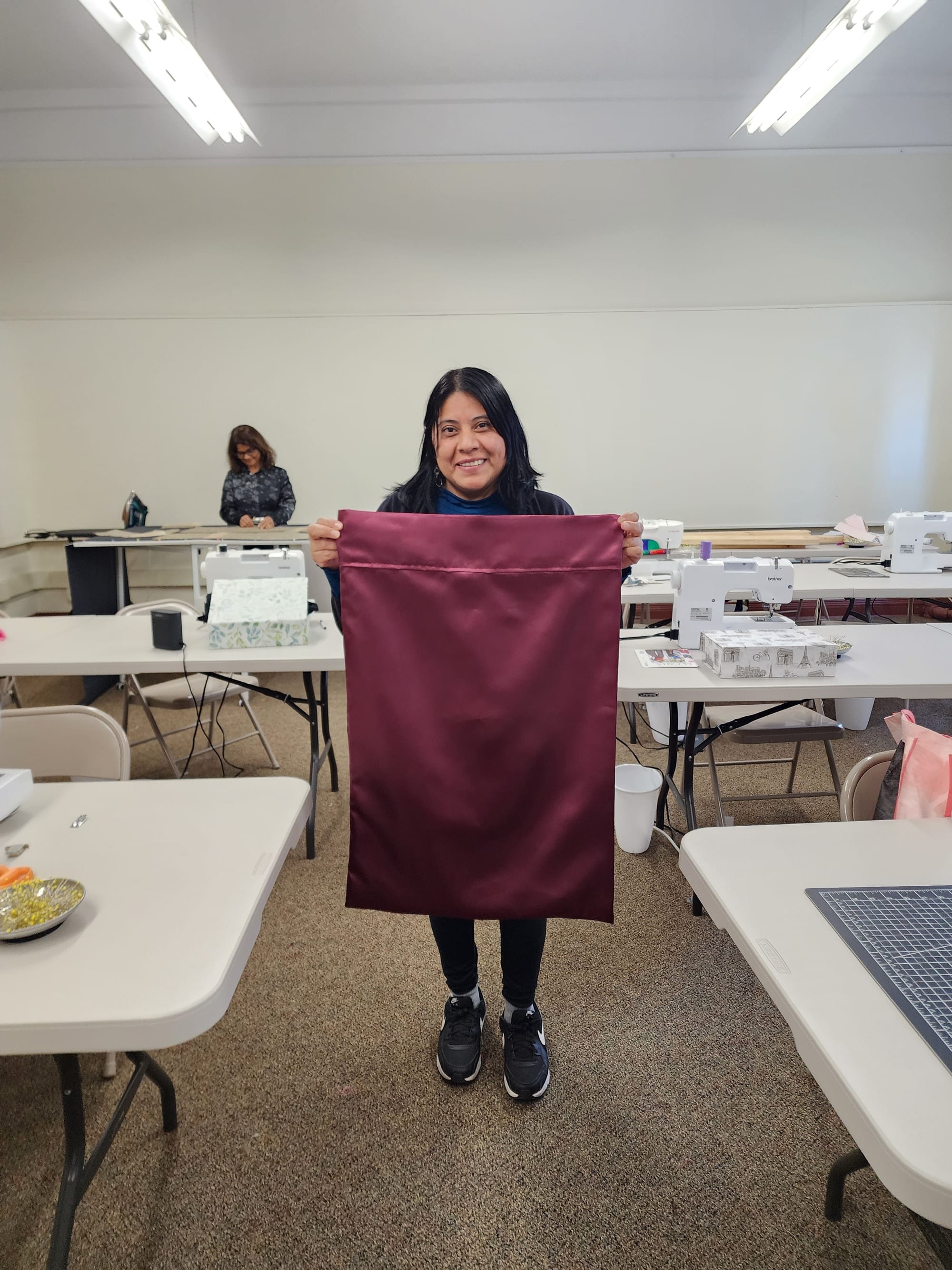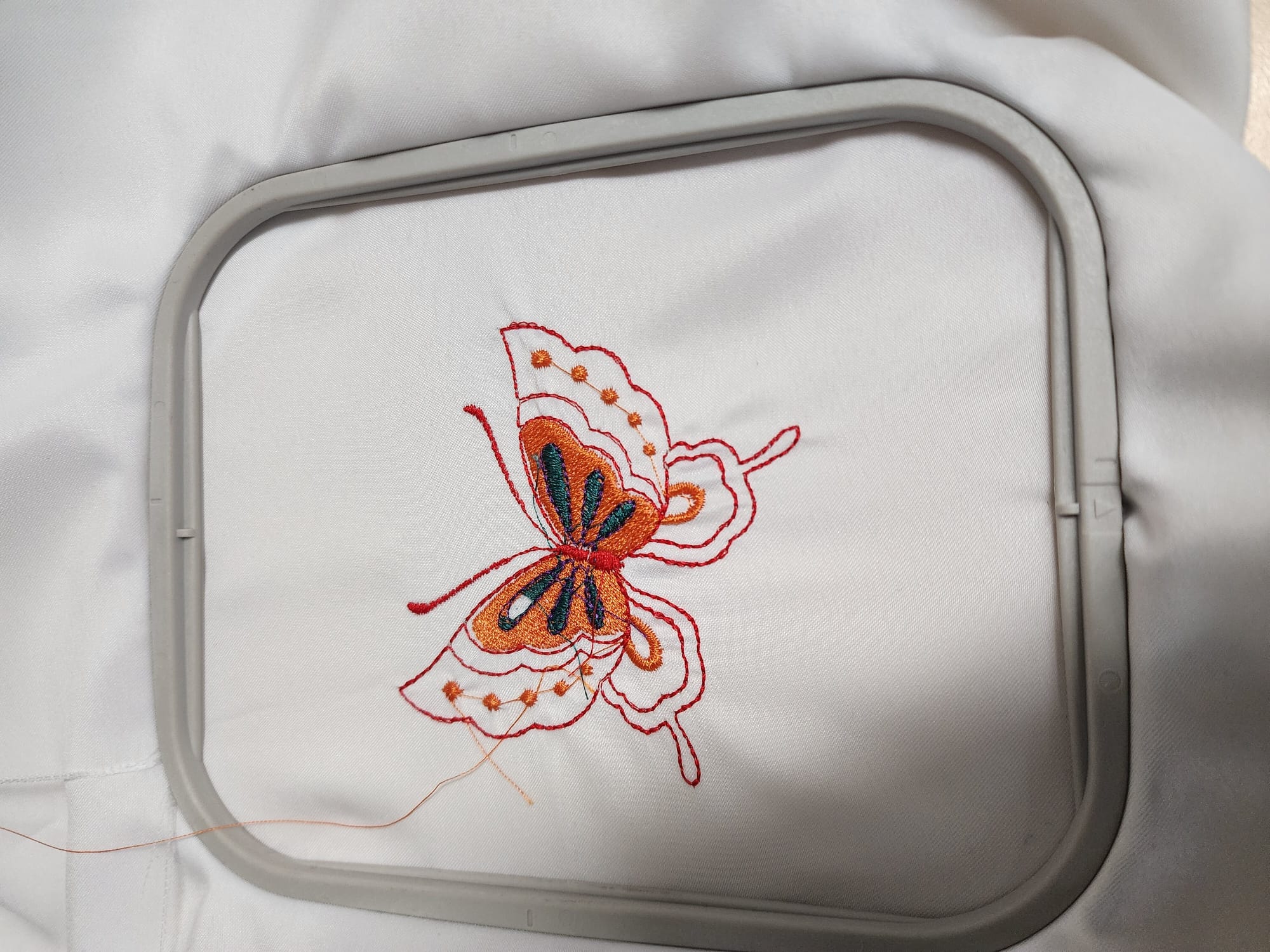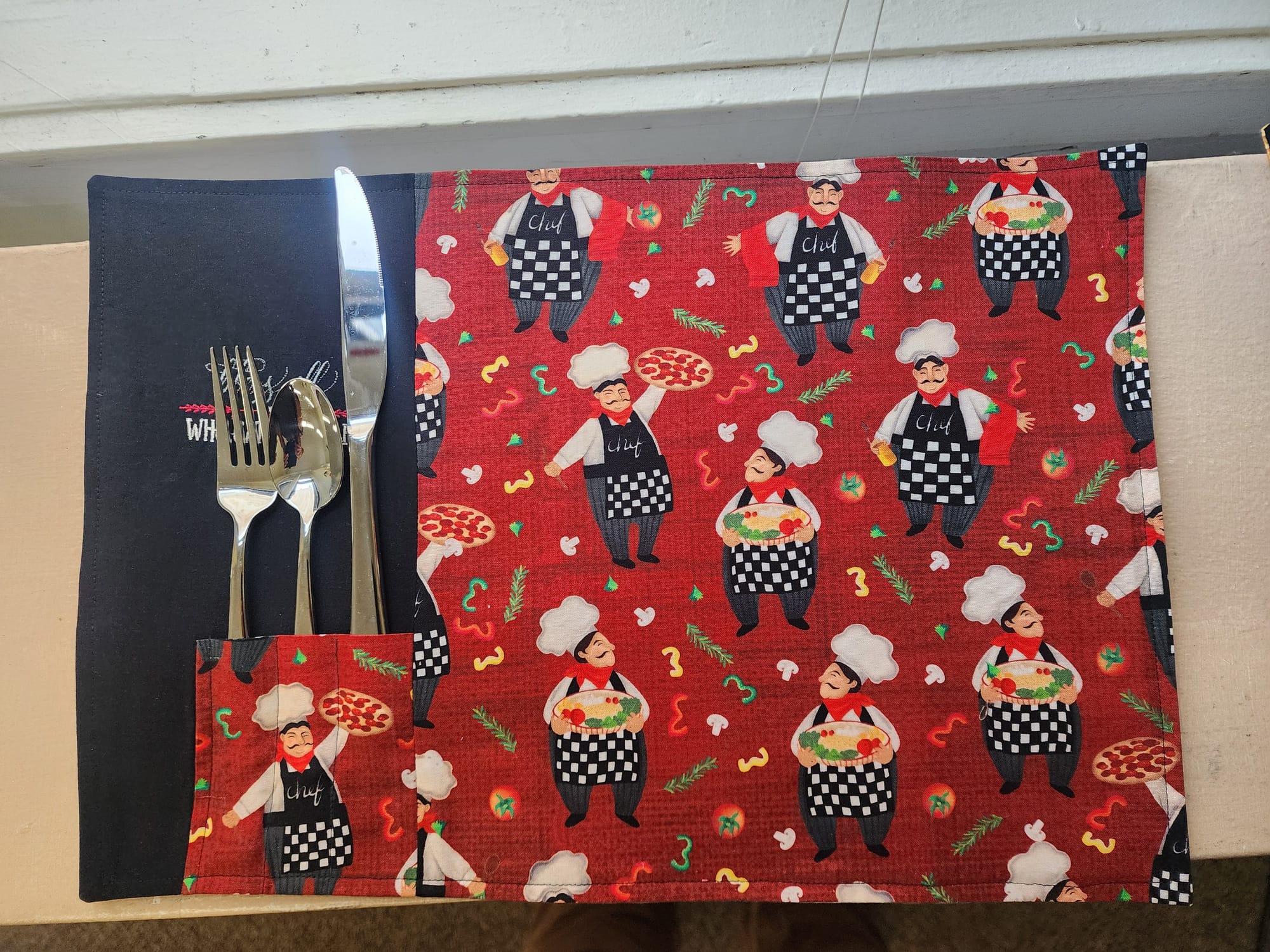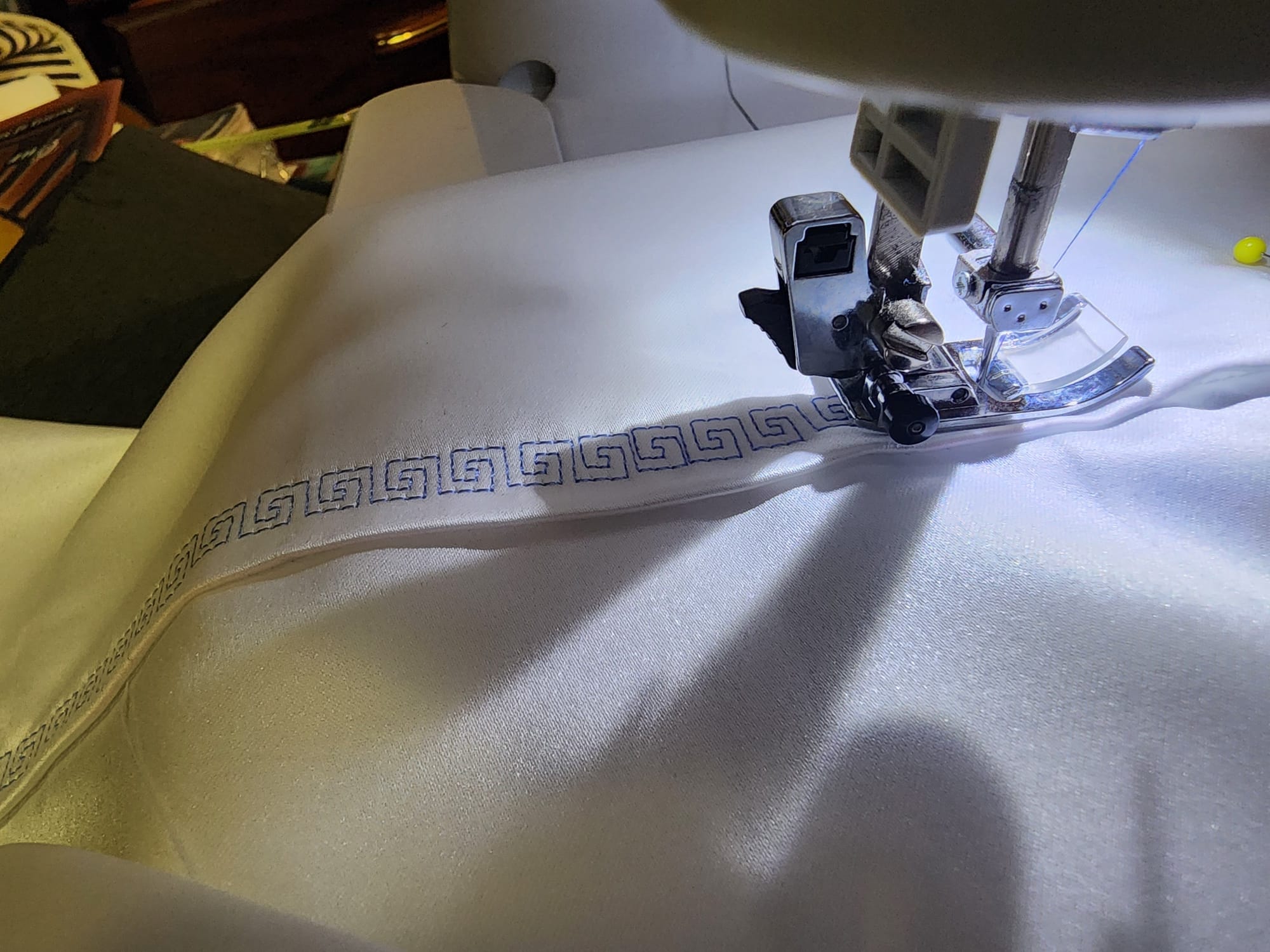Together we can do a lot of good
Society of St Vincent de Paul @ Mary, Mother of God
-
Building bridges to a better tomorrow
Services

Emergency aid for neighbors in need
Sometimes life gets in the way....emergencies happen and you find that you cannot make this month's rent; or you are behind with your utilites; maybe are in need of food to feed your family. Whatever you need, you are not alone. Please call us. Society of St Vincent de Paul at Mary, Mother of God Parish members are here to help you in your hour of need. We are here to accompany you on your journey no matter the need....no work of charity is foreign to the Society. We serve the poor in charity, but we are not an agency.
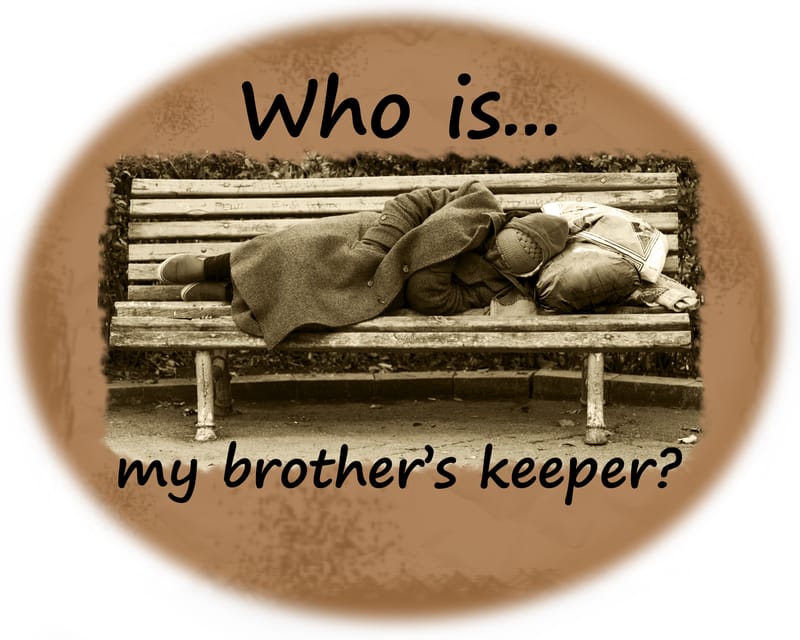
Speaking for our friends in need
Voice of the Poor (VOP) is the advocacy arm of the Society of St. Vincent de Paul. With members representing every section and demographic of the nation, we identify issues critical to those living in poverty and need, and help bring attention to them so communities and elected officials can help develop strategies and tactics that will provide the most effective and efficient means to reduce or eliminate poverty. While financial assistance is important, it is even more important to serve personally, showing our neighbors that God is always with them, even in their darkest hour. He wants to help, loving them so much that He sends His people to serve, comfort, and to pray with them.
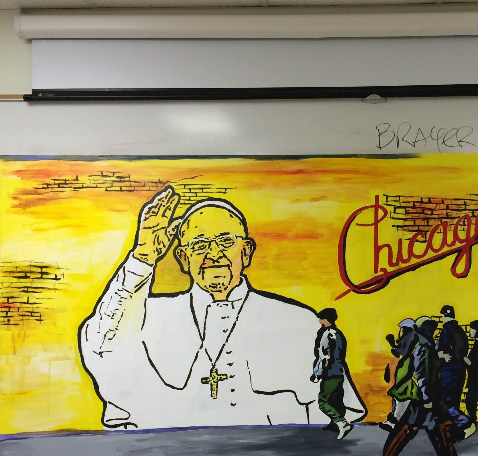
Pope Francis Center Chicago
The Pope Francis Center Chicago is a beacon of hope for individuals and families facing adversity. Our organization is dedicated to providing essential services and resources to those in need. We offer a variety of programs, including applying for benefits assistance, mail-drop services for our unhoused brothers and sisters, counseling services, and job training opportunities. Our center also provides access to healthcare referrals and supportive housing options. With the support of our compassionate staff and volunteers, we aim to inspire positive change and help individuals overcome obstacles. Together, we can create a stronger and more resilient community.
Unmet Needs In Our Community
Homelessness
Caring for the unhoused
• No person should be forced to live in bodily fear or in substandard conditions. Every person needs access to minimum living conditions — safety, access to sanitation, food, clothing, shelter, medical assistance. • Particular attention must be given to those who are unable to care for themselves — children and youth, the elderly, sick, addicted, mentally ill. • There is no substitute for an involved, effective, and committed government. We believe local, state and federal governments must make poverty a priority and become involved in addressing solutions, including fully funding programs that tackle homelessness. • Every person deserves an education. Practical, hands-on job training that teaches a job proficiency and provides those with limited skills the opportunity to earn a decent income can go a long way to building self esteem and dignity. • Workers must earn enough to be able to provide shelter and a decent life for their families. Communities cannot be satisfied with a minimum wage that is lower than the cost of living. • Safe, reliable, affordable child care is critical. Welfare to work programs must include funding for quality child care. • It is shameful that any veteran need resort to homelessness. More attention and care must be given by the Federal government to meet the needs of veterans, particularly those with physical and mental health challenges, as they progress back to the community.
Fair Wages
Caring for he working poor
As Vincentians visit low-wage families, they see up close that these families cannot make ends meet. The dollars they are paid do not begin to cover the basics required for survival (i.e., food, clothing, shelter, utilities, child care, transportation, health care). Members experience first hand the cry of the poor. They witness families whose cupboards are bare, parents who have no money for medicine for sick children, a Mother’s cry in desperation because she cannot afford shoes for her children. Economic facts (1) based on cost of living and consumer price indexes, comparative living costs, as well as Bureau of Labor statistics, validate that the current federal minimum wage is set too low to meet basic needs.
Tools for Success
Answering the call to serve our new neighbors
In today’s communities, many families quietly face challenges that can make even basic necessities feel uncertain. As Catholics, we are called to respond to these realities with compassion, solidarity, and a commitment to human dignity. Through our parish pantry, we encounter families who strive every day to provide for their children despite financial hardship. In response, our work has grown to focus more intentionally on supporting these families—especially by helping ensure that children begin the school year equipped with the tools they need to succeed. Education is a cornerstone of opportunity, confidence, and hope for the future. Yet for many families served by our pantry, the cost of school supplies can be a heavy burden. Items such as backpacks, notebooks, pencils, and folders—often taken for granted—can be out of reach for households already making difficult choices about food, housing, and utilities. By providing school supplies, we help ease this burden and affirm the dignity of every child. Supporting Families with Compassion Our parish pantry is more than a place of material assistance; it is a ministry of accompaniment. We walk alongside families, recognizing their resilience and honoring their efforts to care for their children. Providing school supplies is one tangible way we express our commitment to the well-being of the whole family. When children arrive at school prepared on the first day, they are better able to participate fully, learn with confidence
Join us
- Our Office is located at 4728 North Kenmore Avenue, Chicago, IL, 60640 USA
- Becoming a Member: There are two types of Members in the Society of St Vincent de Paul - Active and Associate Members. Active Members are those who participate regularly in the prayer life, meetings, and person-to-person service of the poor. Active Members are Catholic, and are Members of a Conference. Men and women who would like to serve, but may not have the time to participate regularly in the meetings and works of the Conference, or are not Catholic, may join as Associate Members. In honor of the youthfulness of our founders, the Society welcomes Youth and Young Adult members as either Active or Associate Members.
If you seek to live your faith through works, to "love God", as St Vincent de Paul with the strength of your arms...." please consider joining us. We serve the poor in charity, but we are not an "agency".
Today, more than 800,000 members of the Society of St Vincent de Paul are serving those in need in their own communities in 155 countries.
Poverty and hardship can arrive suddenly, and with no warning. Most of our neighbors in need are hesitant to ask for help. Many have no idea "how it came to this". Members of the Society here in our parish, Mary, Mother of God personally visit our neighbors, pray with them, listen to them and help in any way we can.
As the Rule of the Society says,
"No work of charity is foreign to the Society."
Please consider joining our circle of friends.
The Mary, Mother of God/Society of St Vincent de Paul re-activated a conference that was first established at Saint Ita in 1933. The current members of the Society have over 25 years' experience and are ready to collaborate with other people of good will in relieving need and addressing its causes, making no distinction in those we serve, because in them Vincentians see the face of Christ.
Articles
Register for classes

Home Health Aide
MHCE Students will attain the essential skills and training necessary to deliver proper and safe care to clients and walk away with knowledge and confidence in their role as a certified home services worker. Please use the link below to register for classes: https://forms.gle/wNCVwUhK6vRWEtsz7 Utilice el siguiente enlace para registrarse en las clases: https://forms.gle/hqA3UsqqL2yAgMV7A
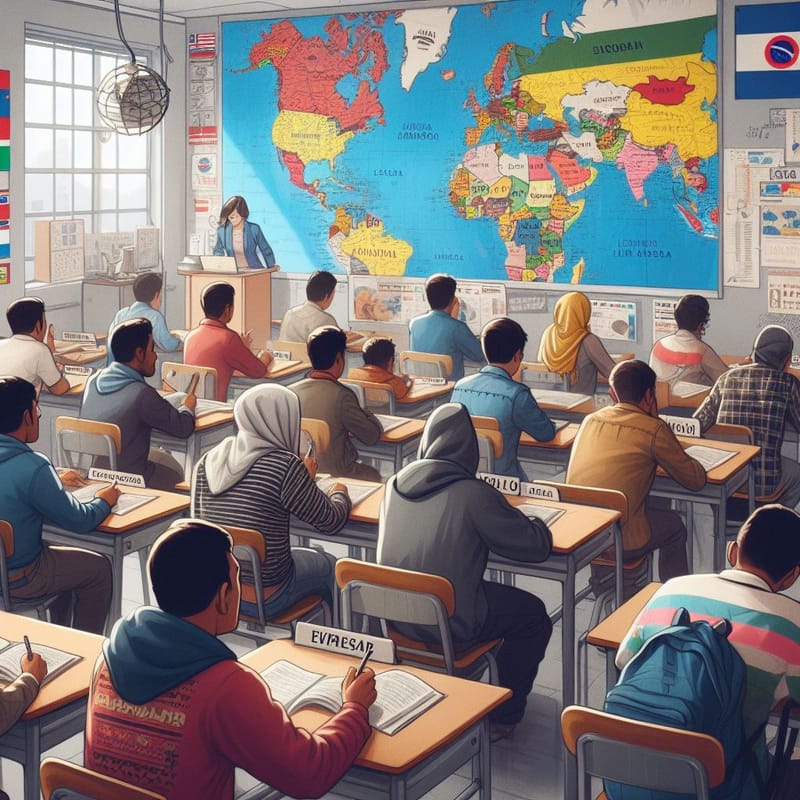
ESL Classes
Please use the link below to register for classes: https://forms.gle/wNCVwUhK6vRWEtsz7 Utilice el siguiente enlace para registrarse en las clases: https://forms.gle/hqA3UsqqL2yAgMV7A
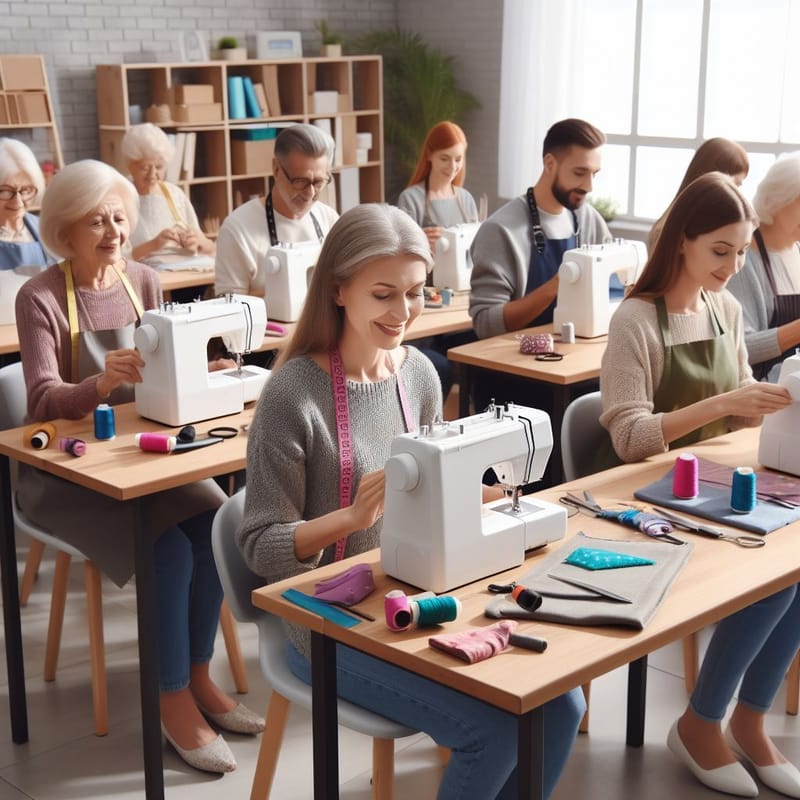
Sewing Classes
Please use the link below to register for classes: https://forms.gle/wNCVwUhK6vRWEtsz7 Utilice el siguiente enlace para registrarse en las clases: https://forms.gle/hqA3UsqqL2yAgMV7A
our officers
Conference President
Pamela Matambanadzo
Conference V. President
Jeffrey Leach
Spiritual Advisor
Fr. Alejandro Lopez, OFM Conv. Pastor
Treasurer
Rosemary Ihejirika
Secretary
Vacant
Events
2. Information We Collect
We may collect the following types of data: Personal Information (if provided by users): •Name and contact information (if users opt to provide feedback). •Location data (if users choose to use location-based features). Automatically Collected Data: •Device information (such as operating system and device type). •Usage analytics to improve our services. We do not collect sensitive personal information such as financial details, social security numbers, or health records.
3. How We Use Your Information
The collected data is used to: •Provide relevant service information based on location. •Improve app functionality and user experience. •Respond to inquiries or feedback. 4. Data Sharing and Disclosure We do not sell or rent your personal data. We may share non-identifiable, aggregated information with partners to enhance community services.
